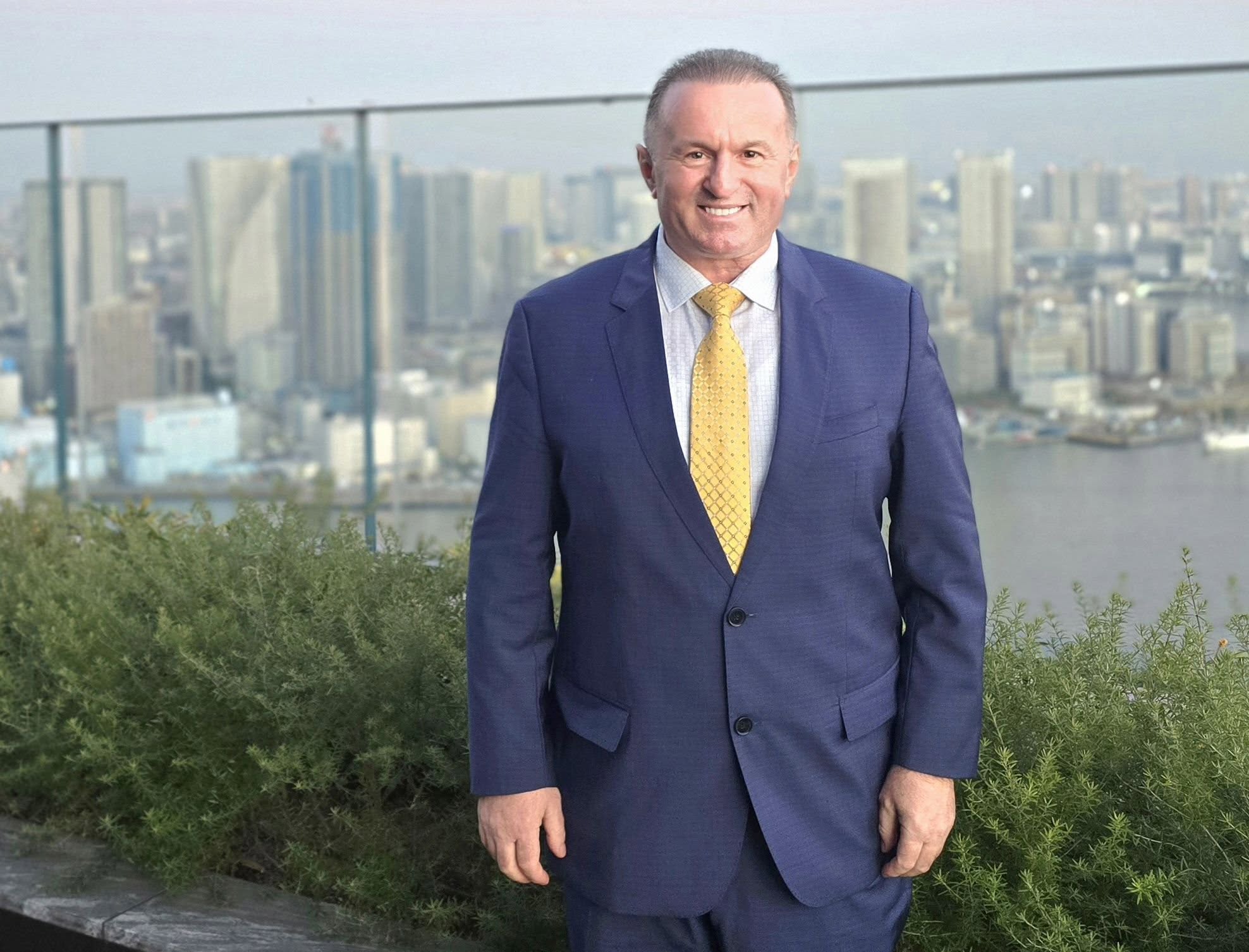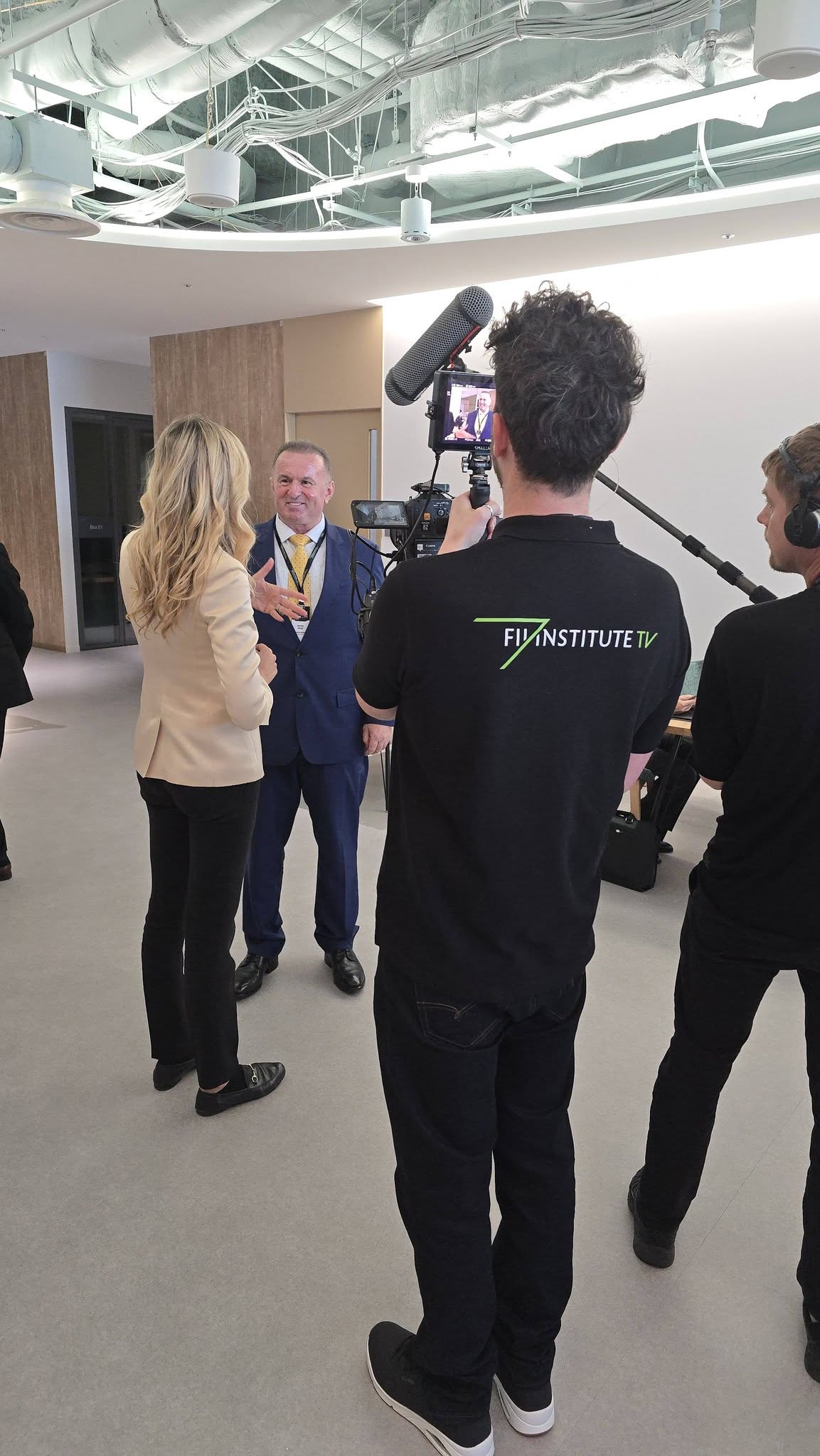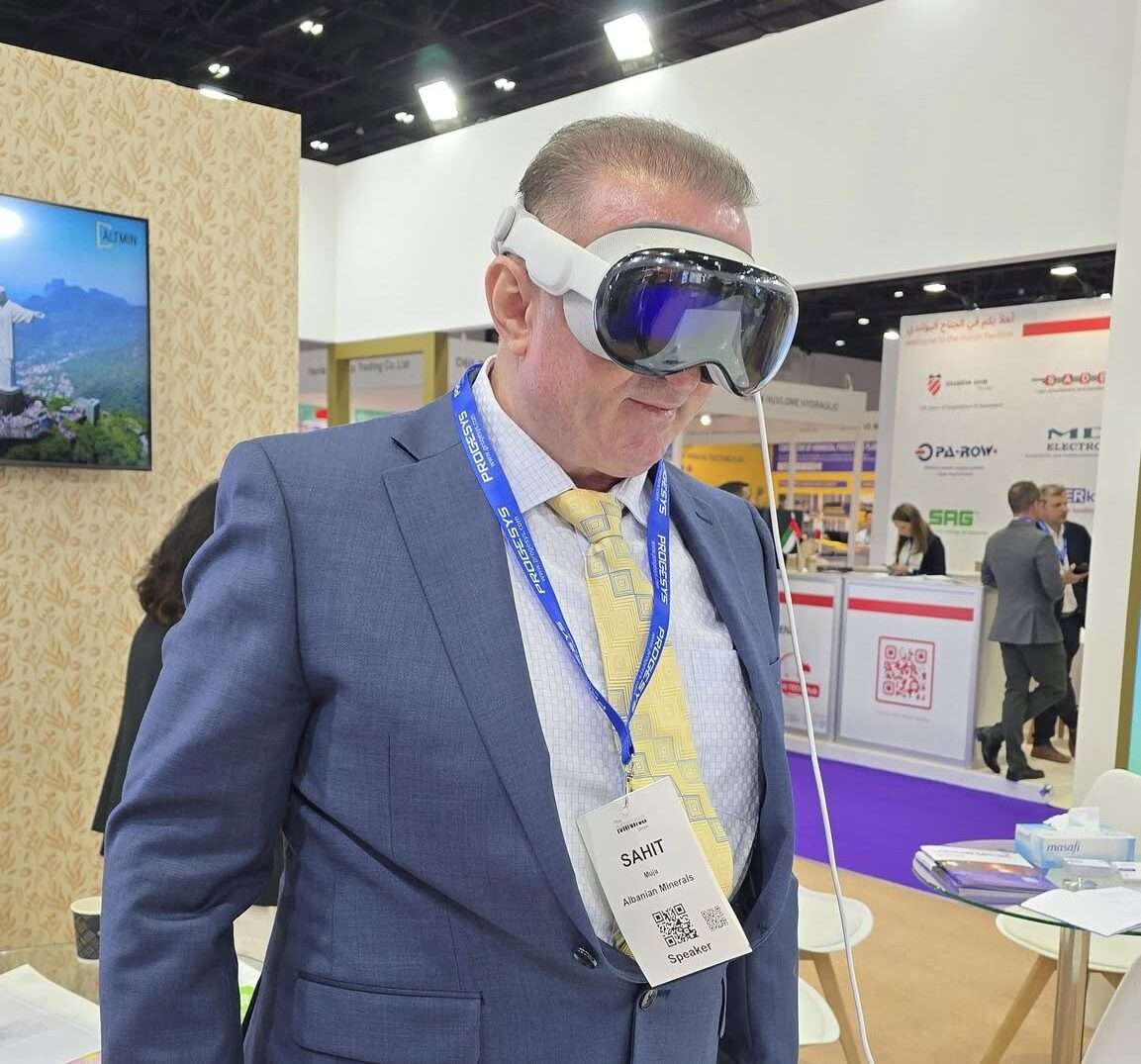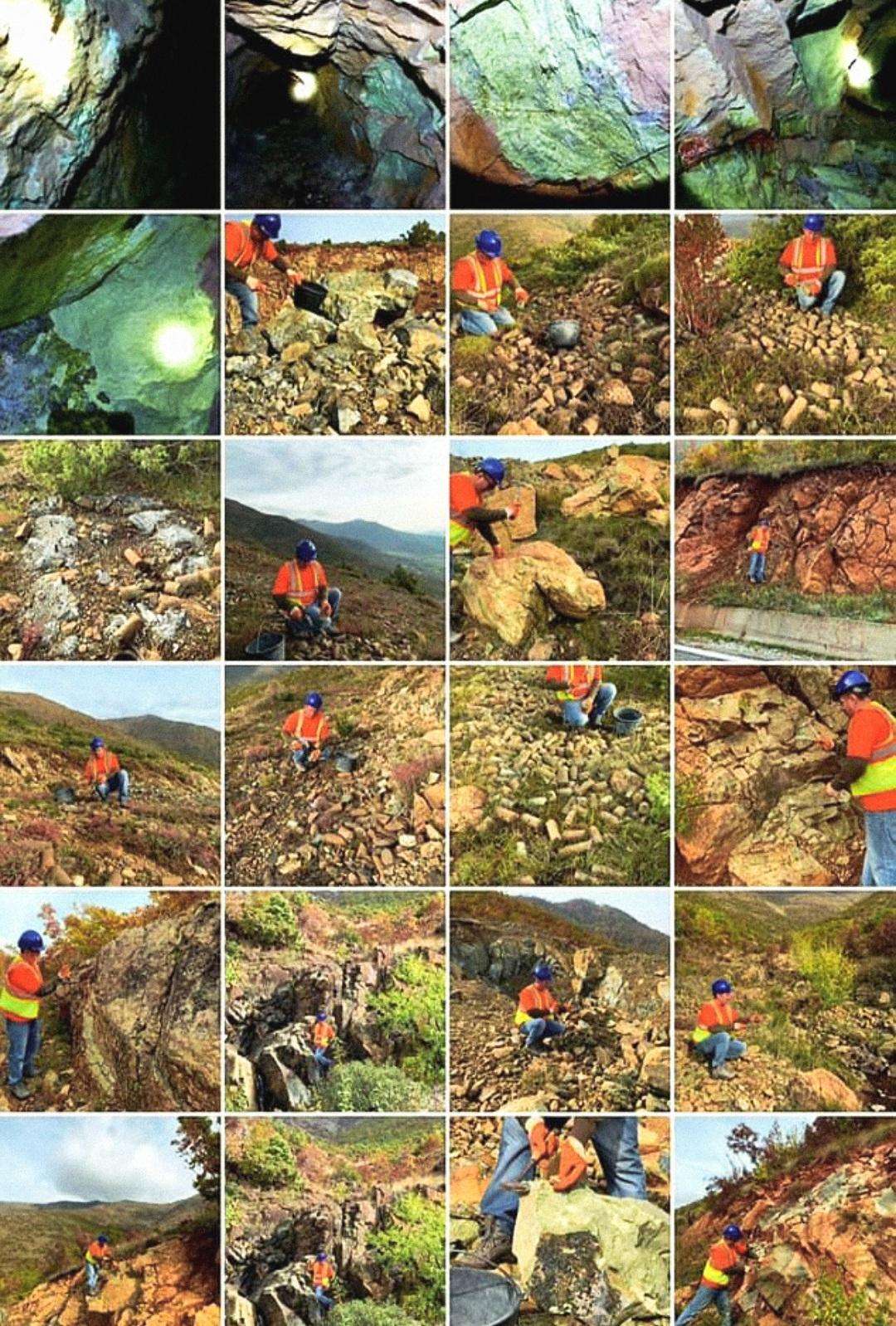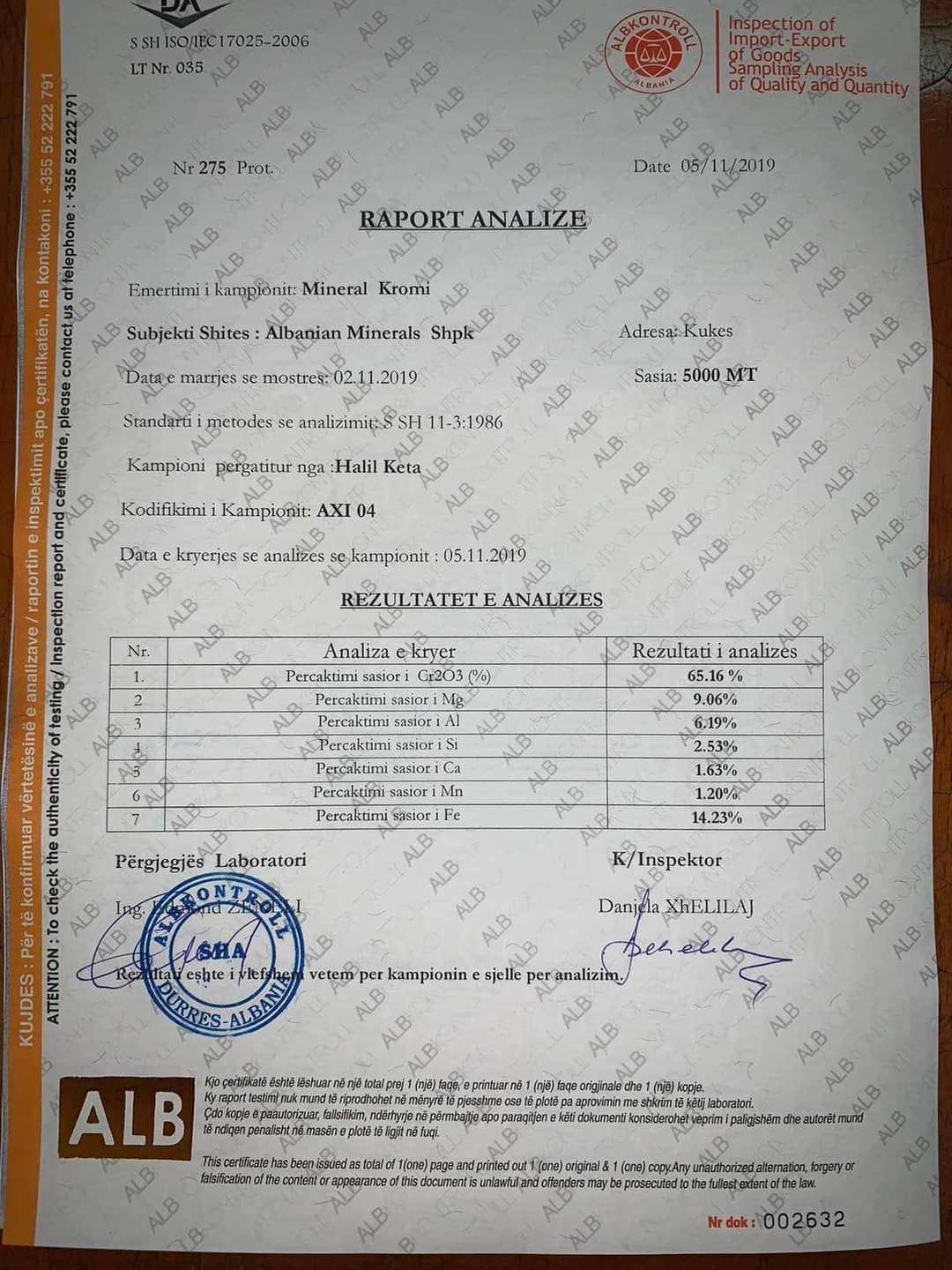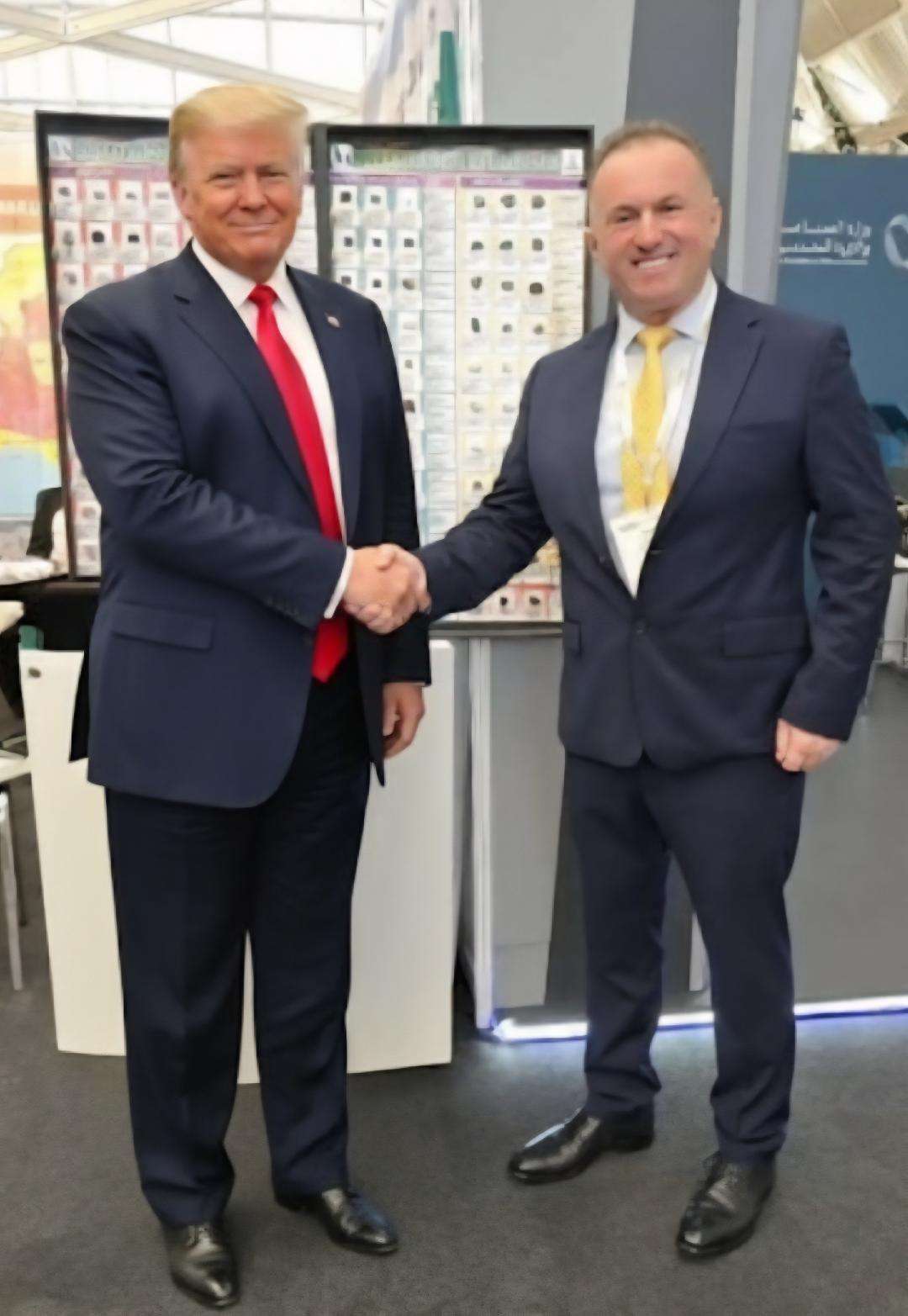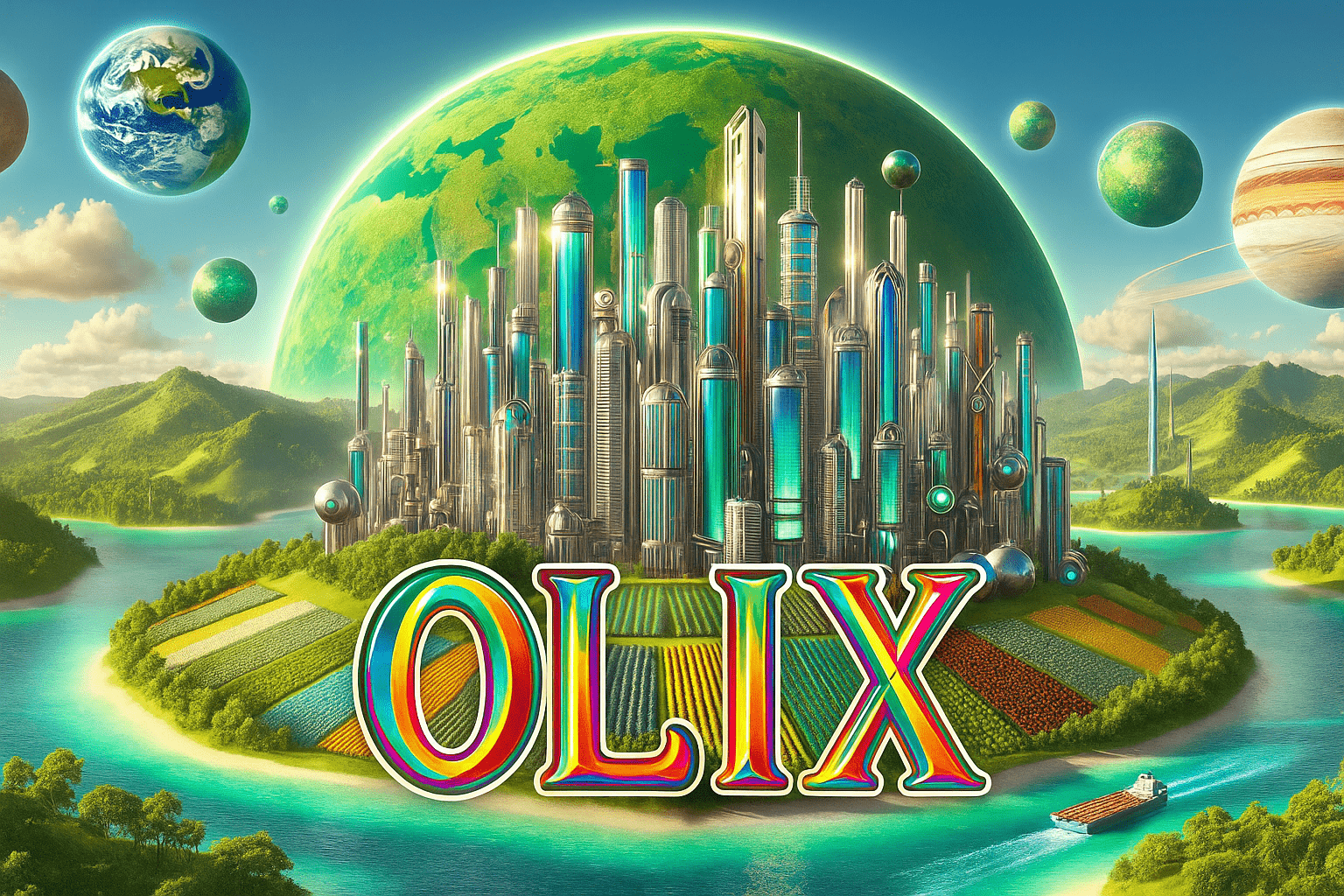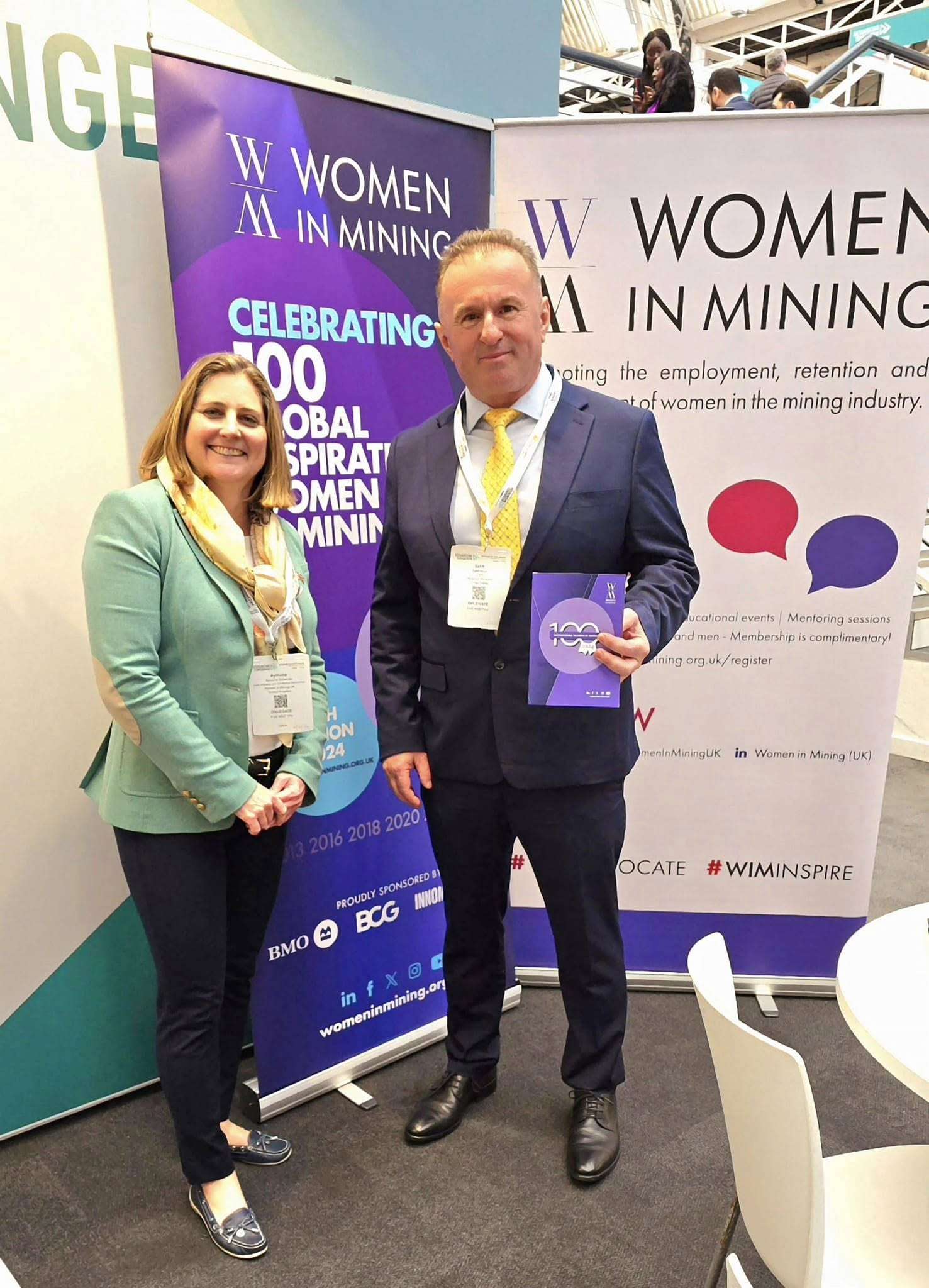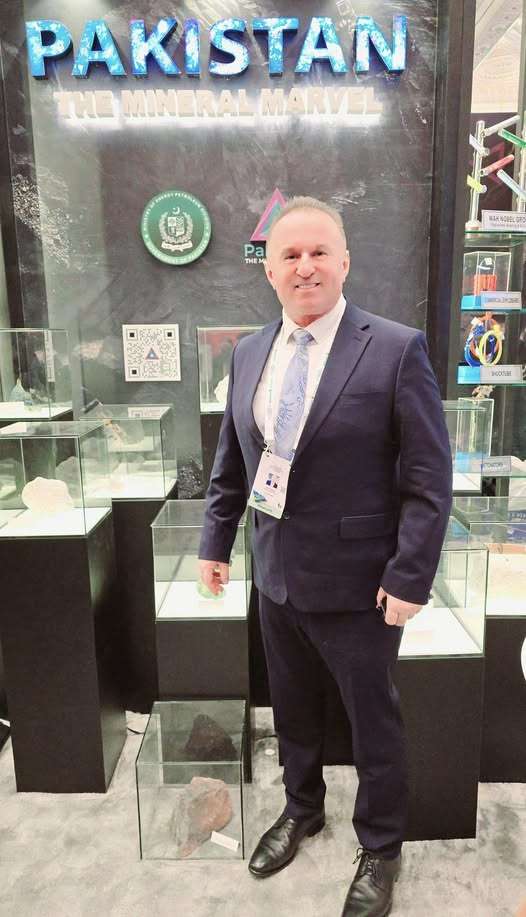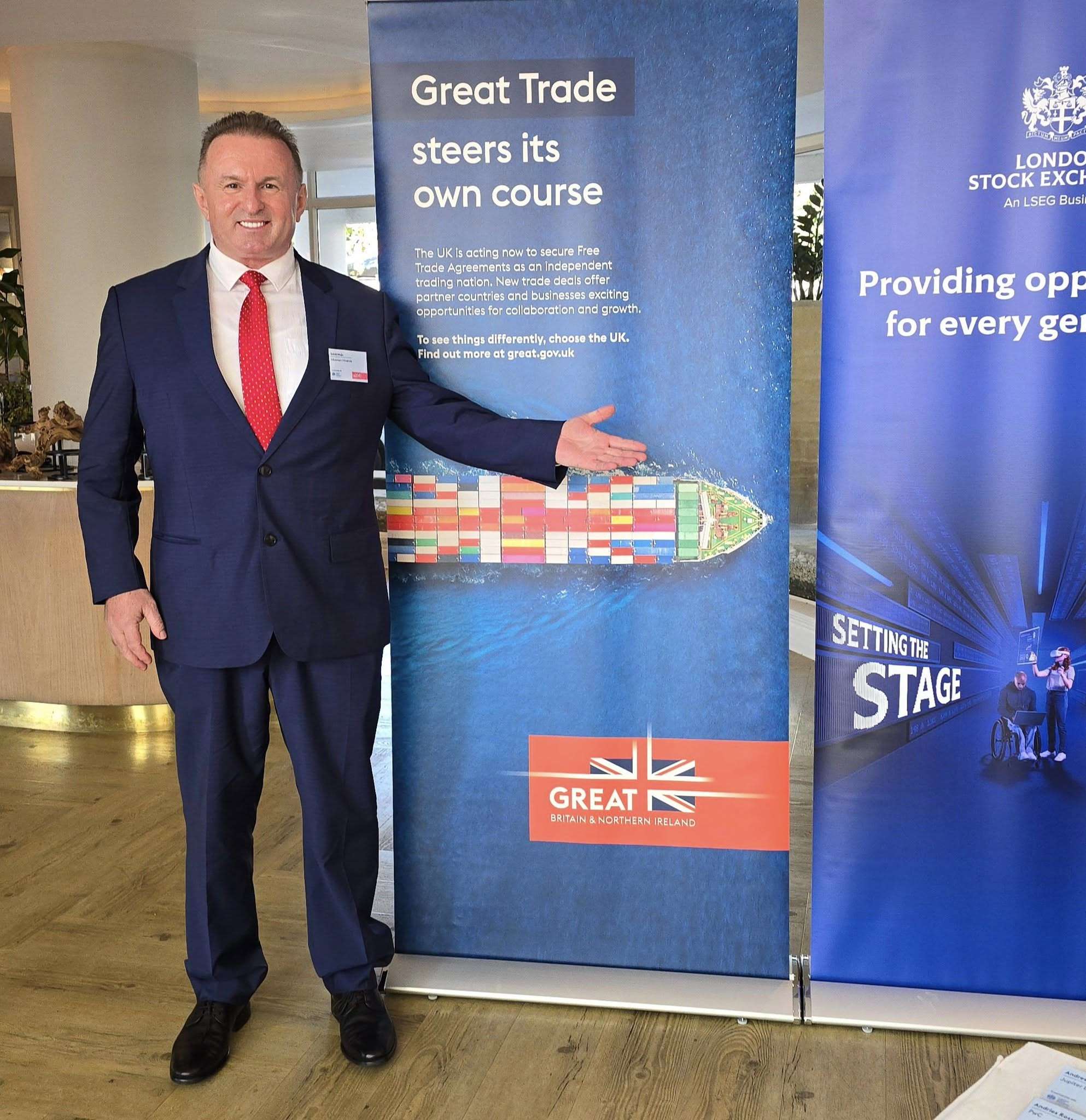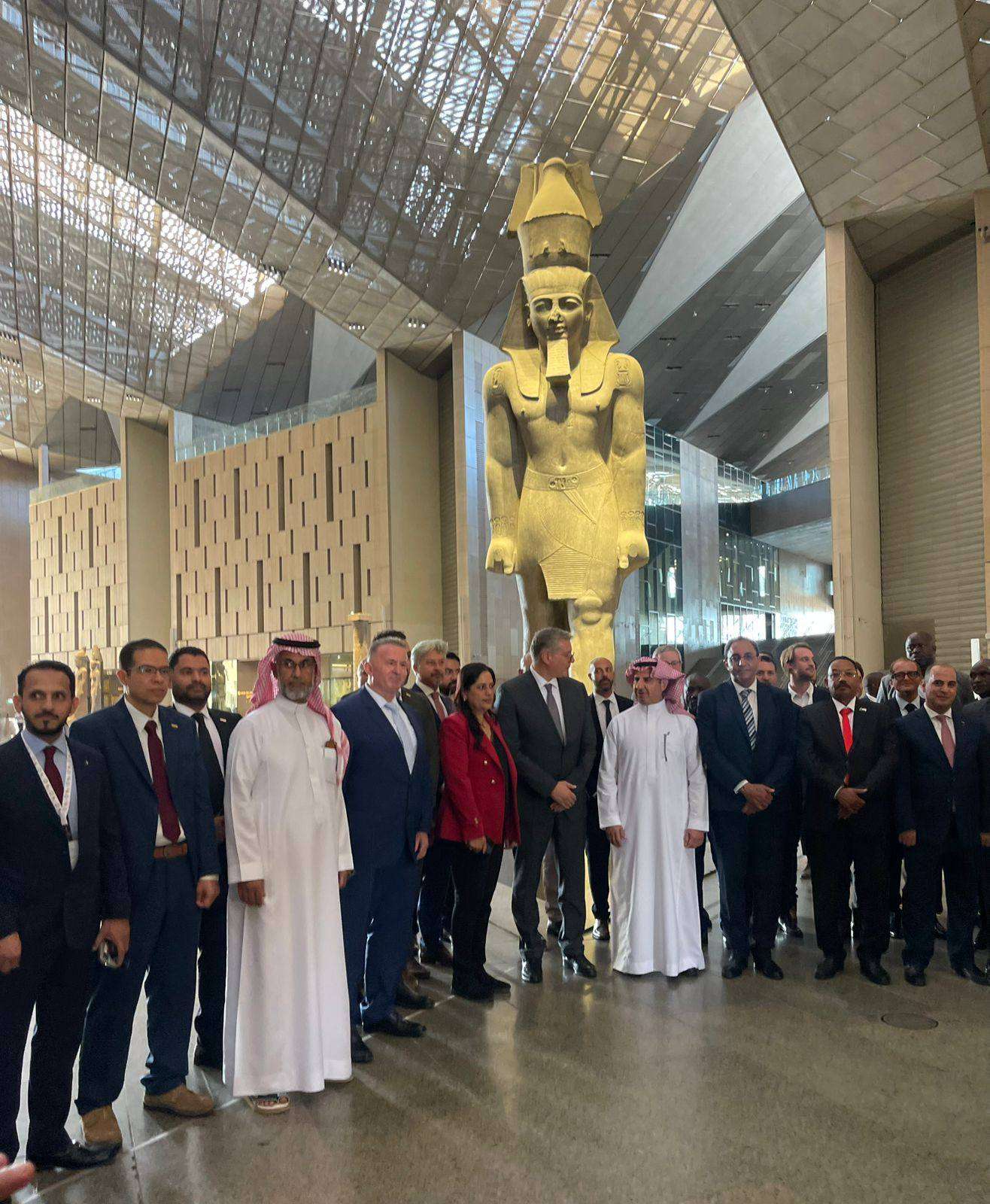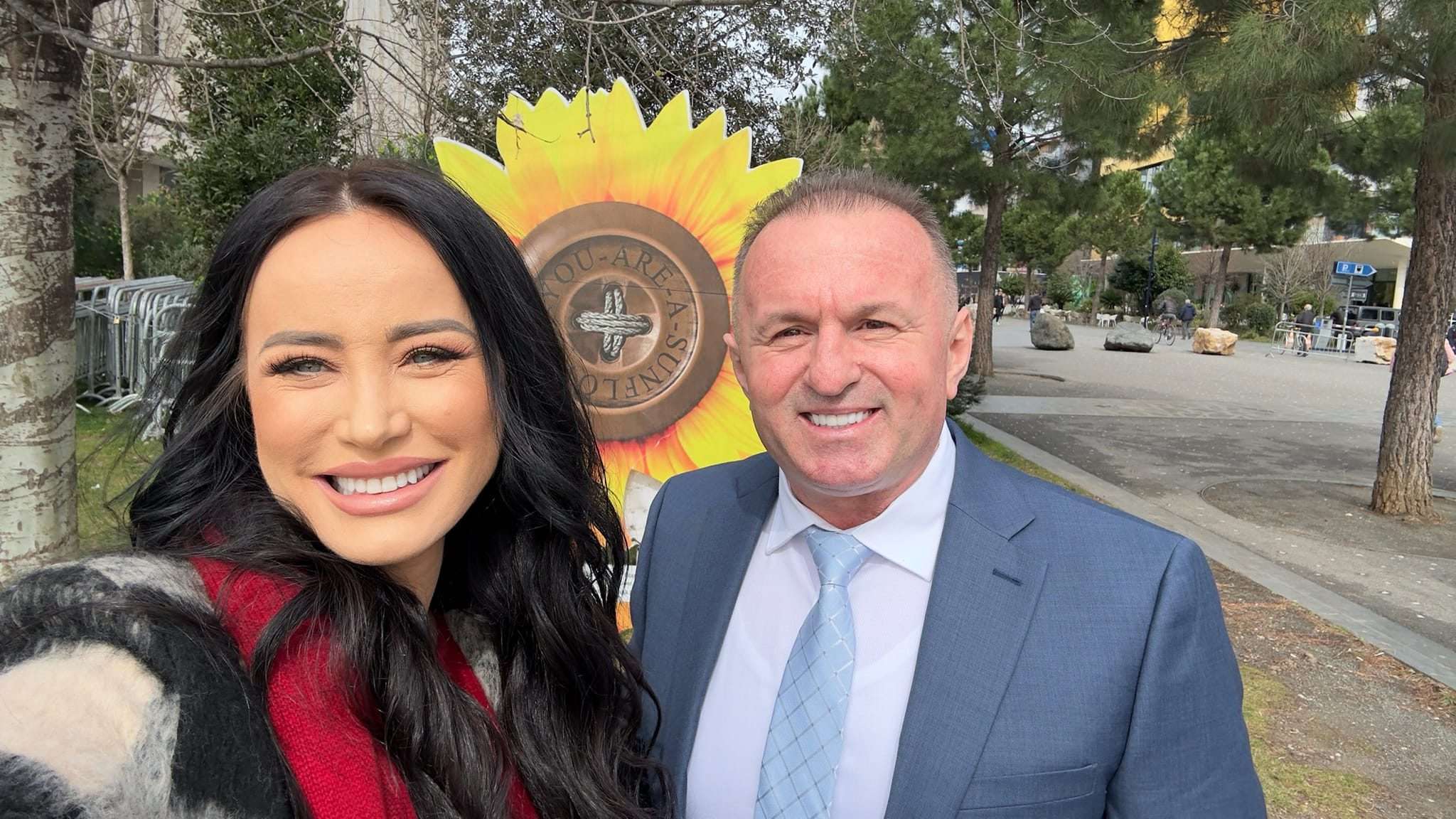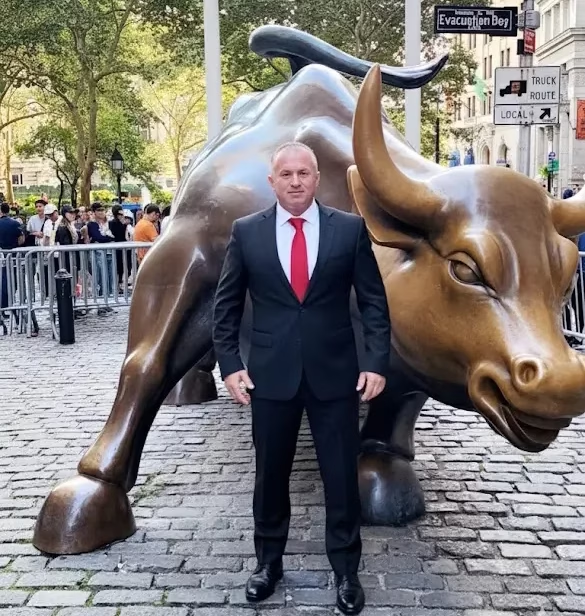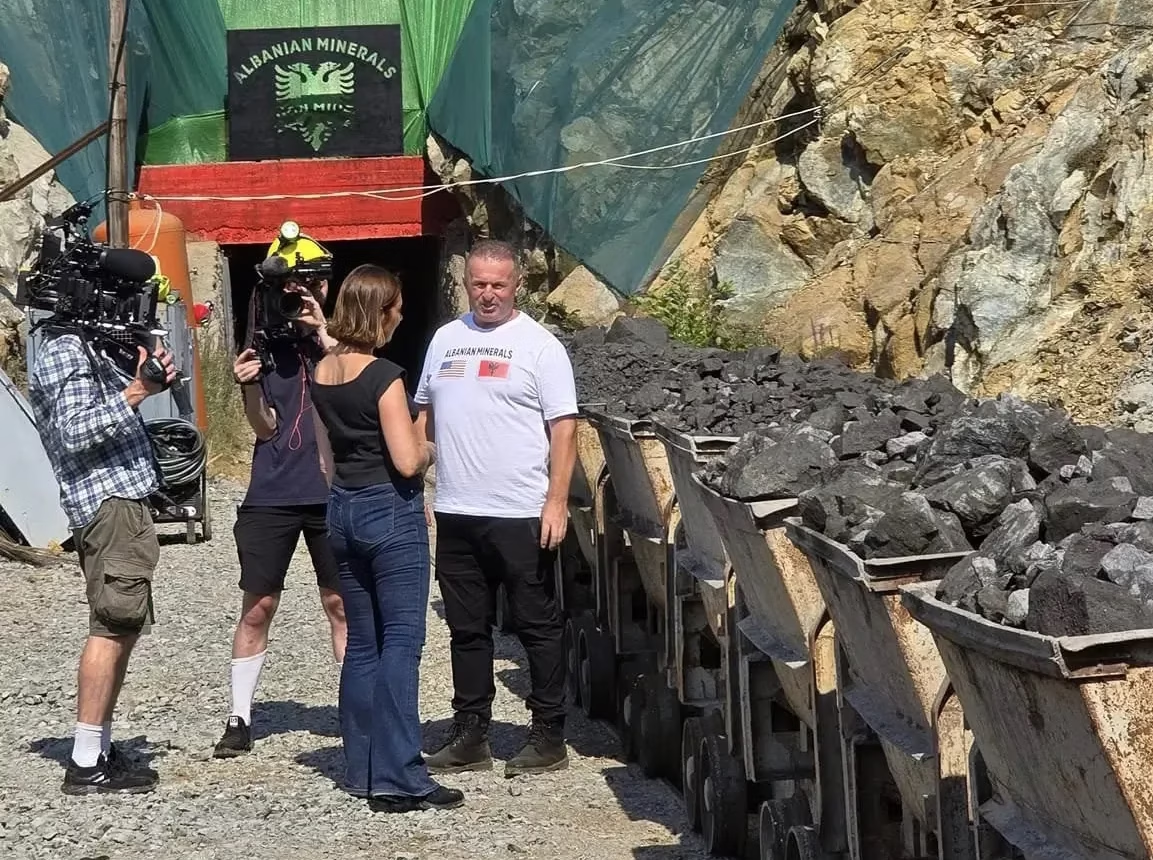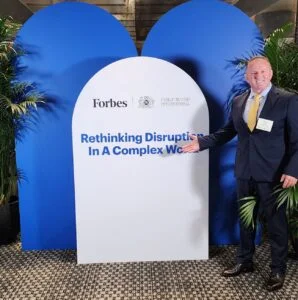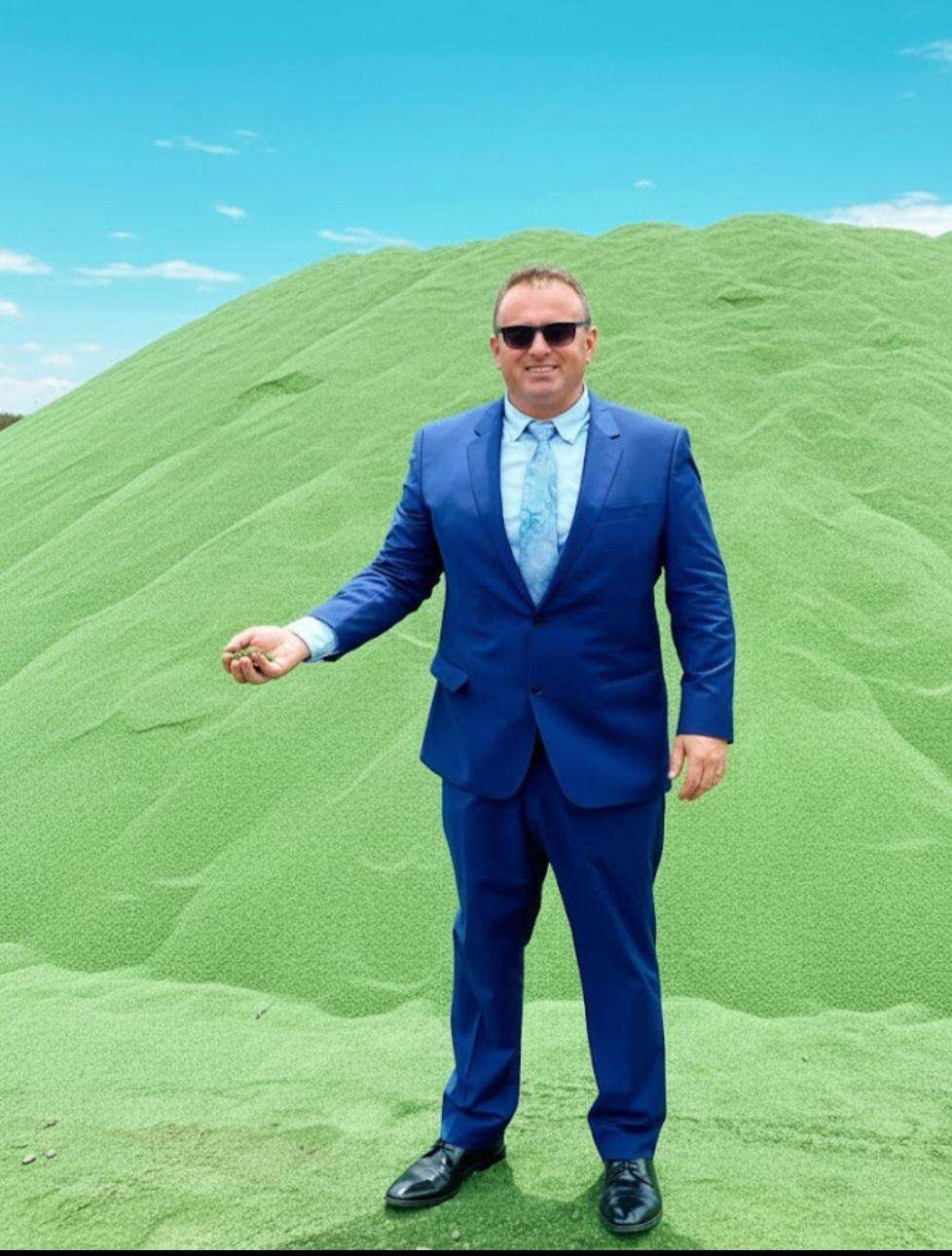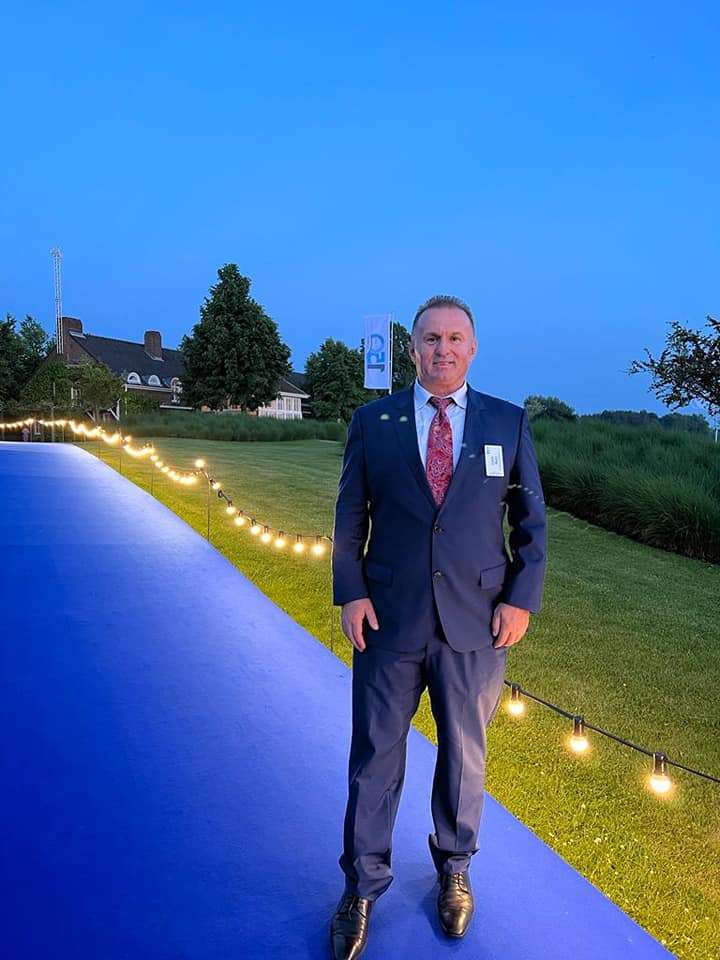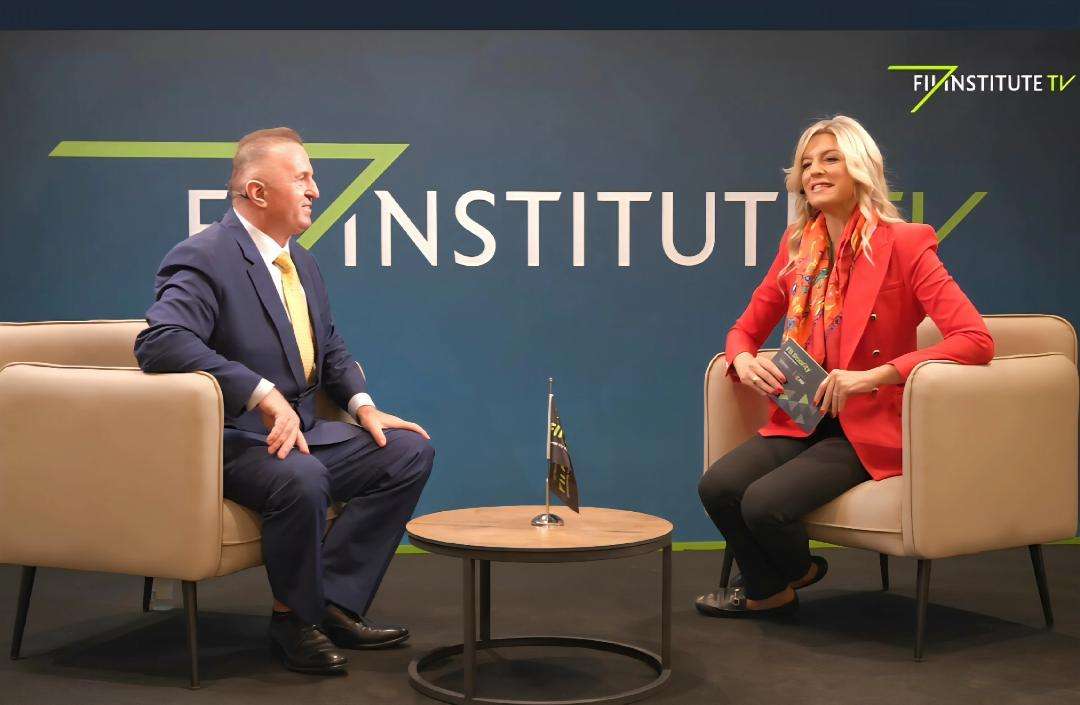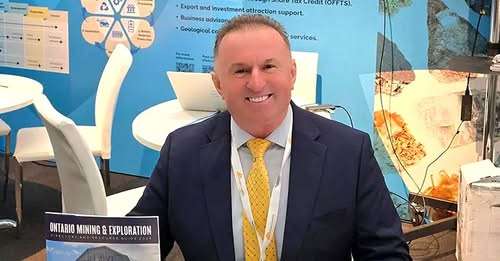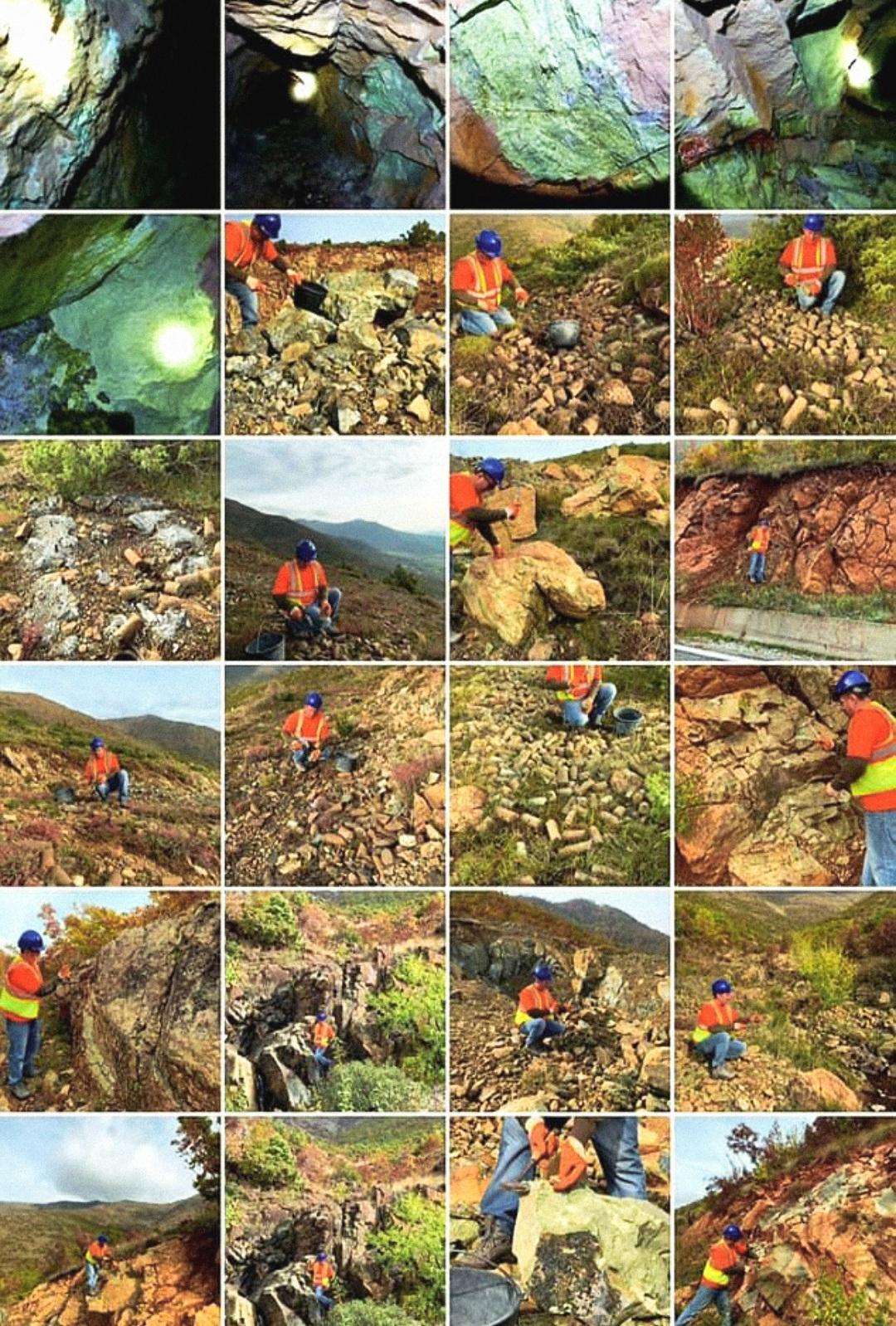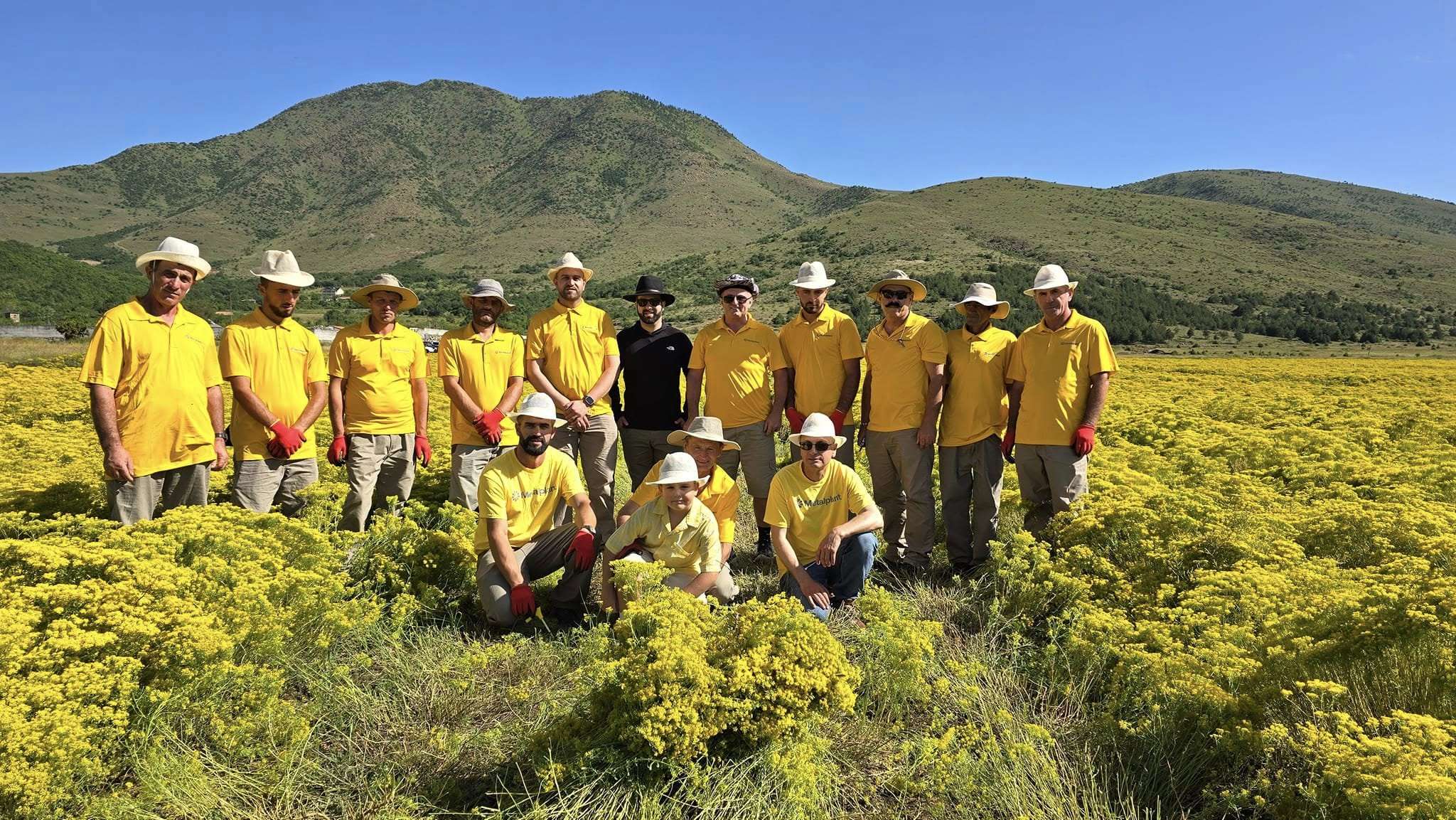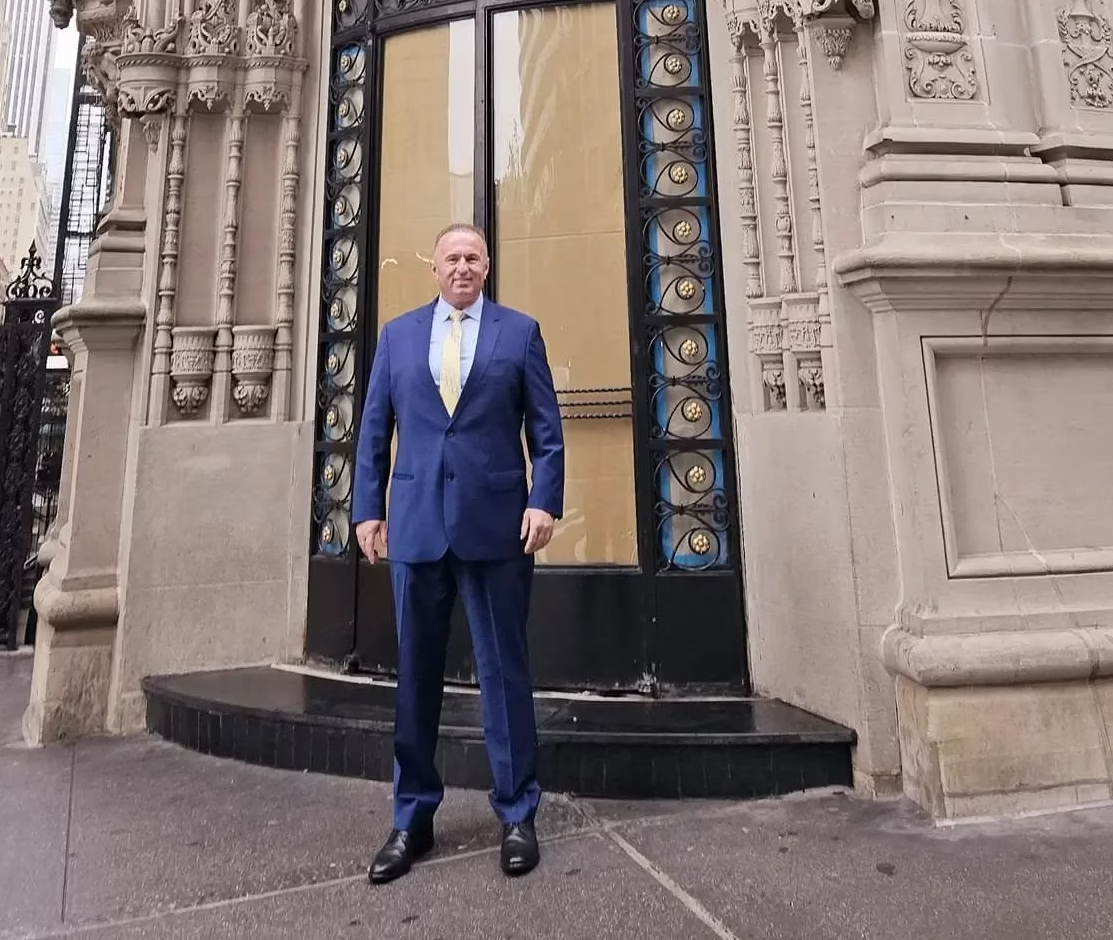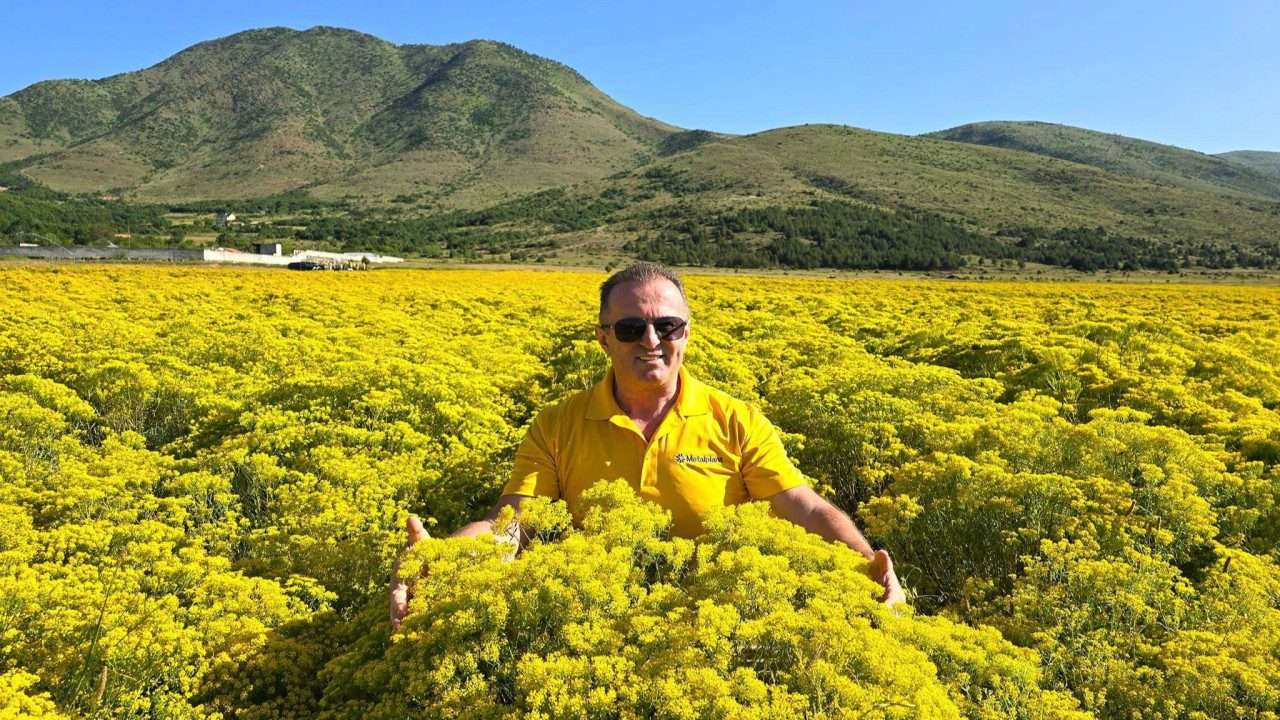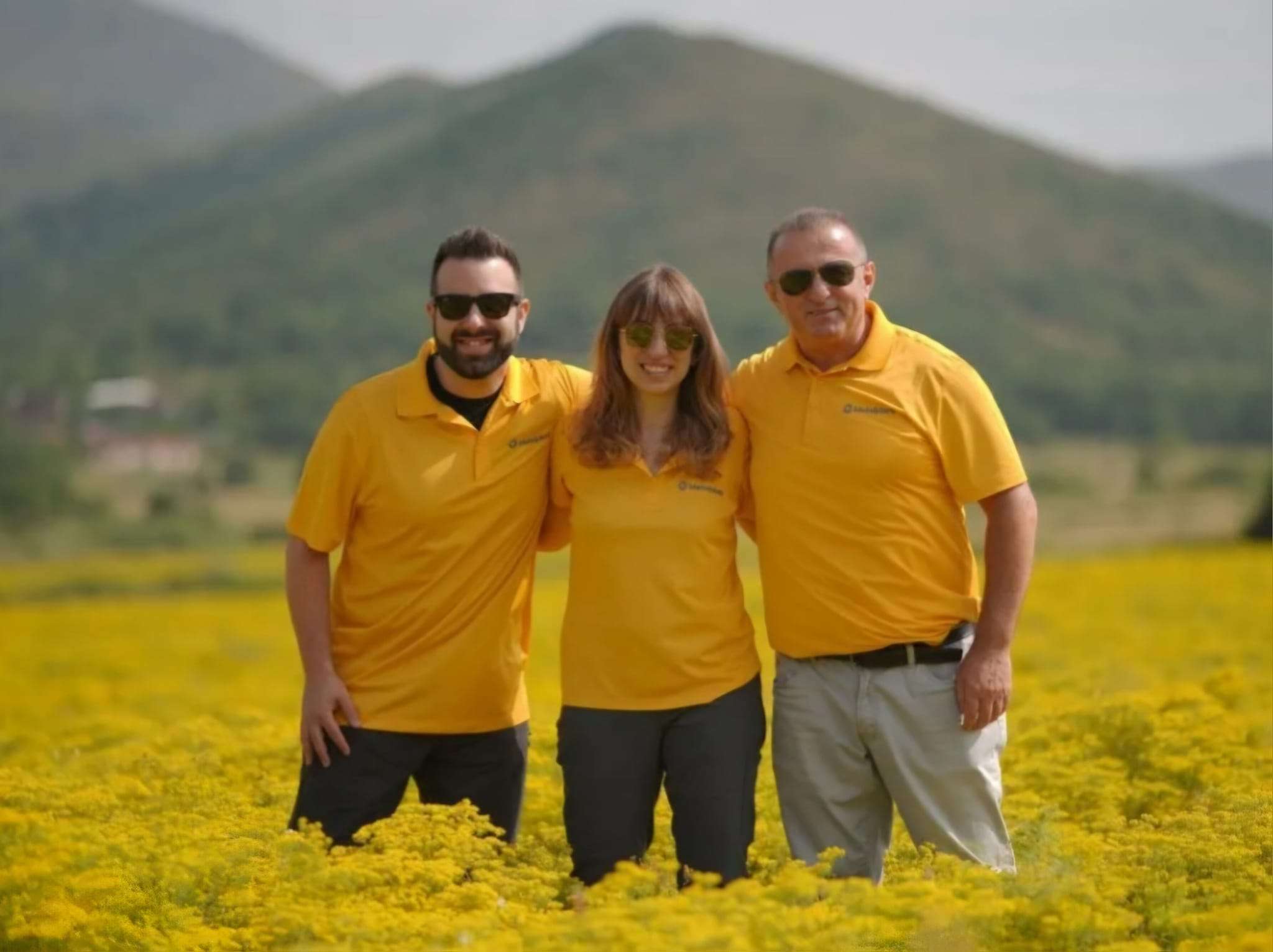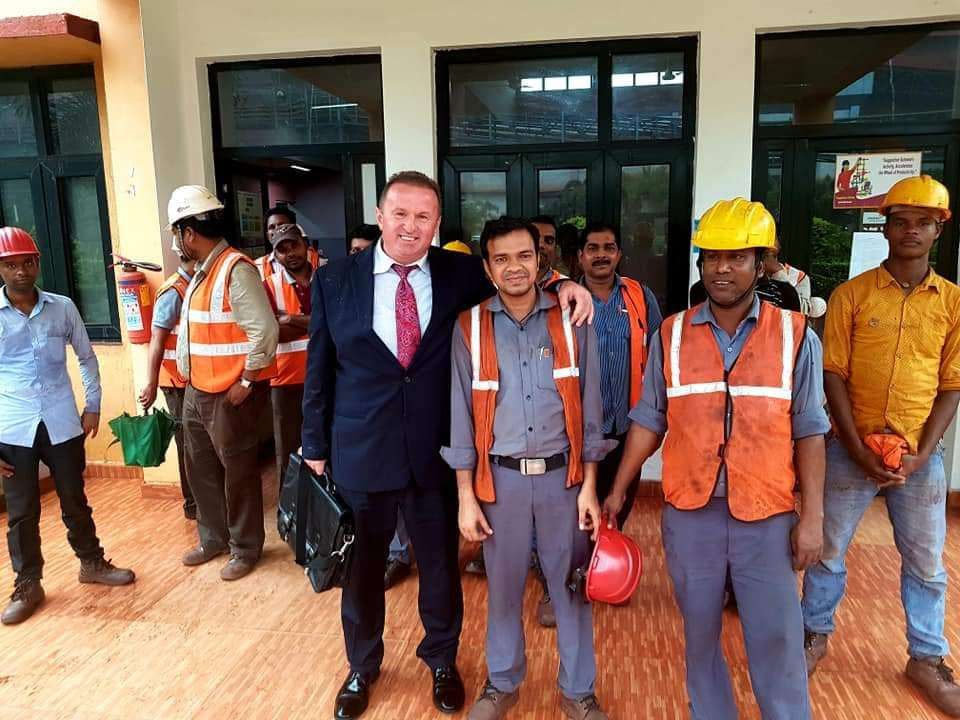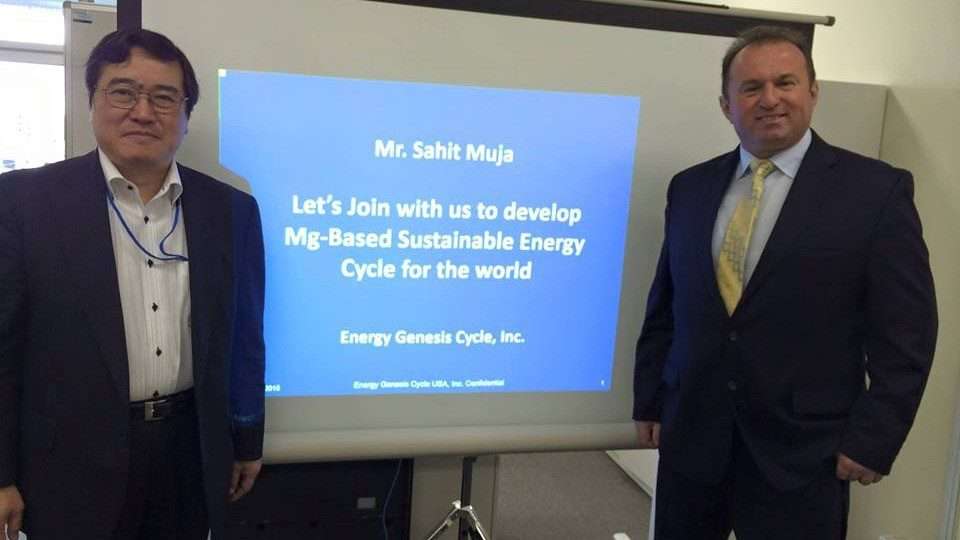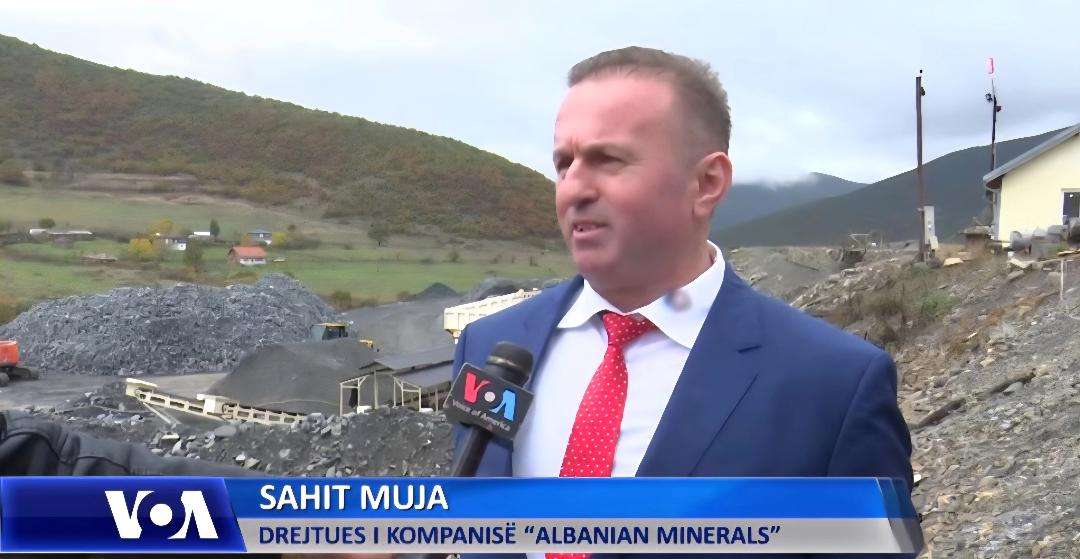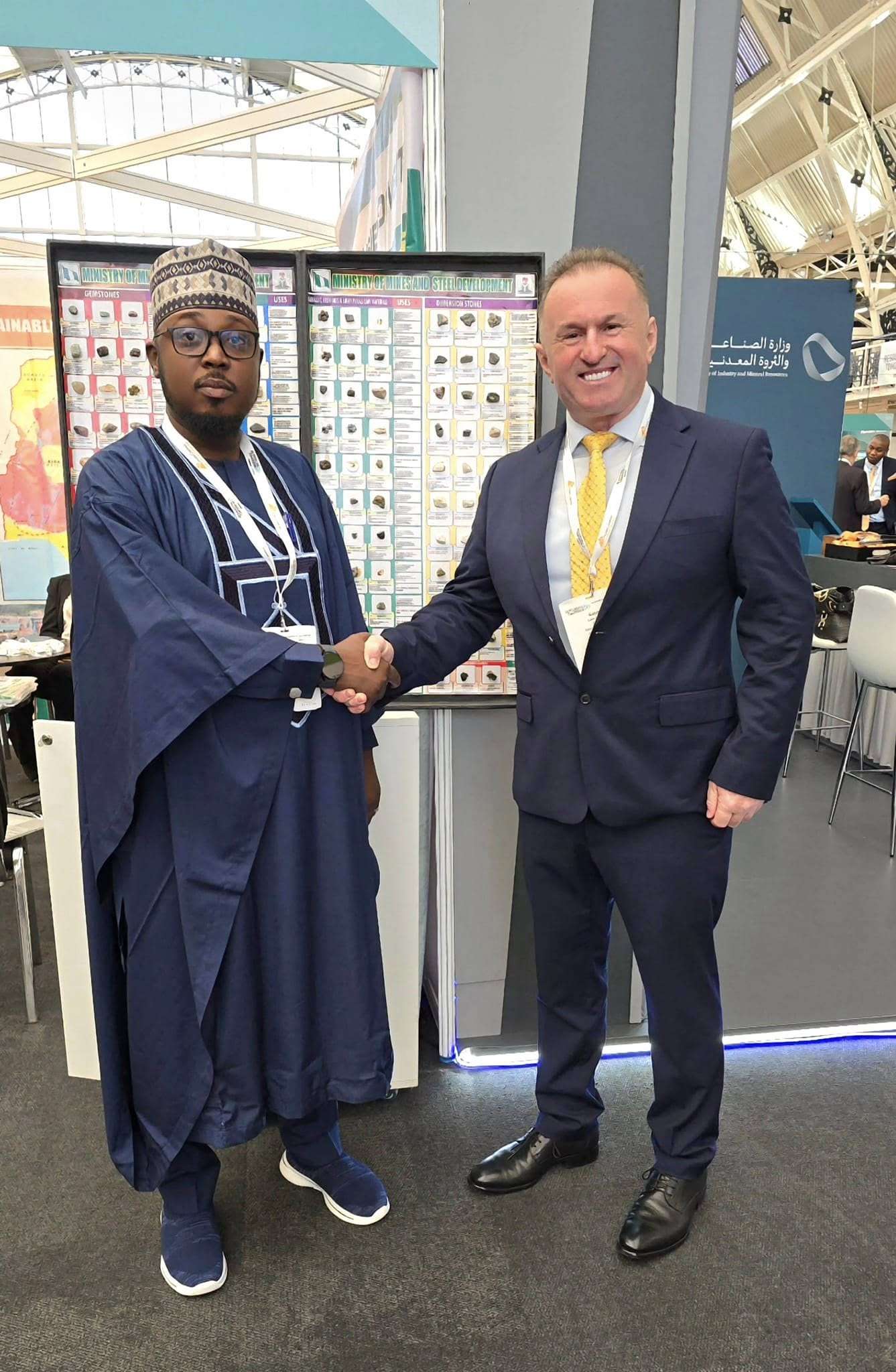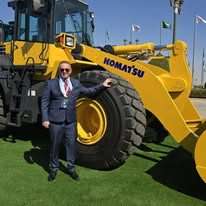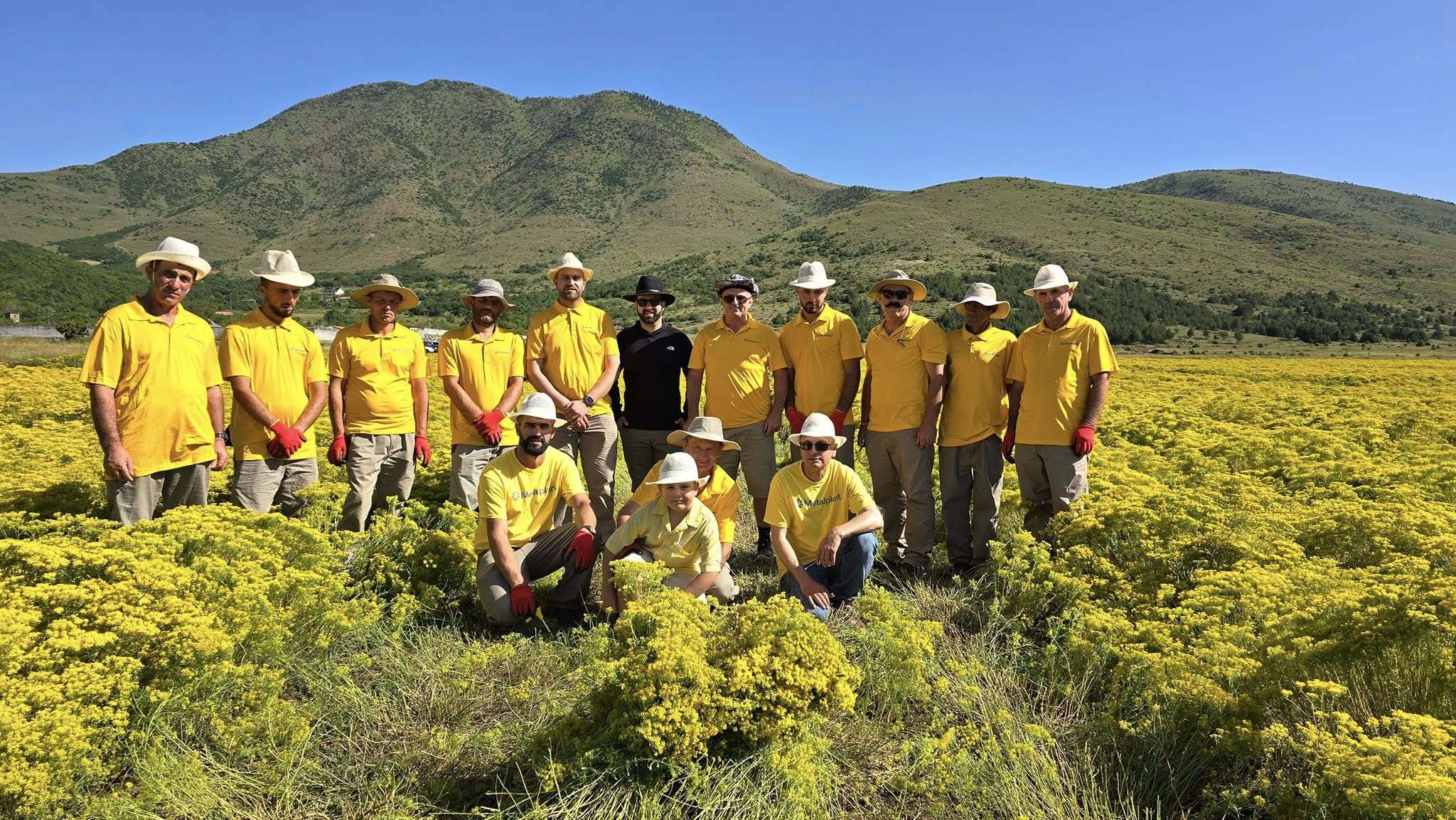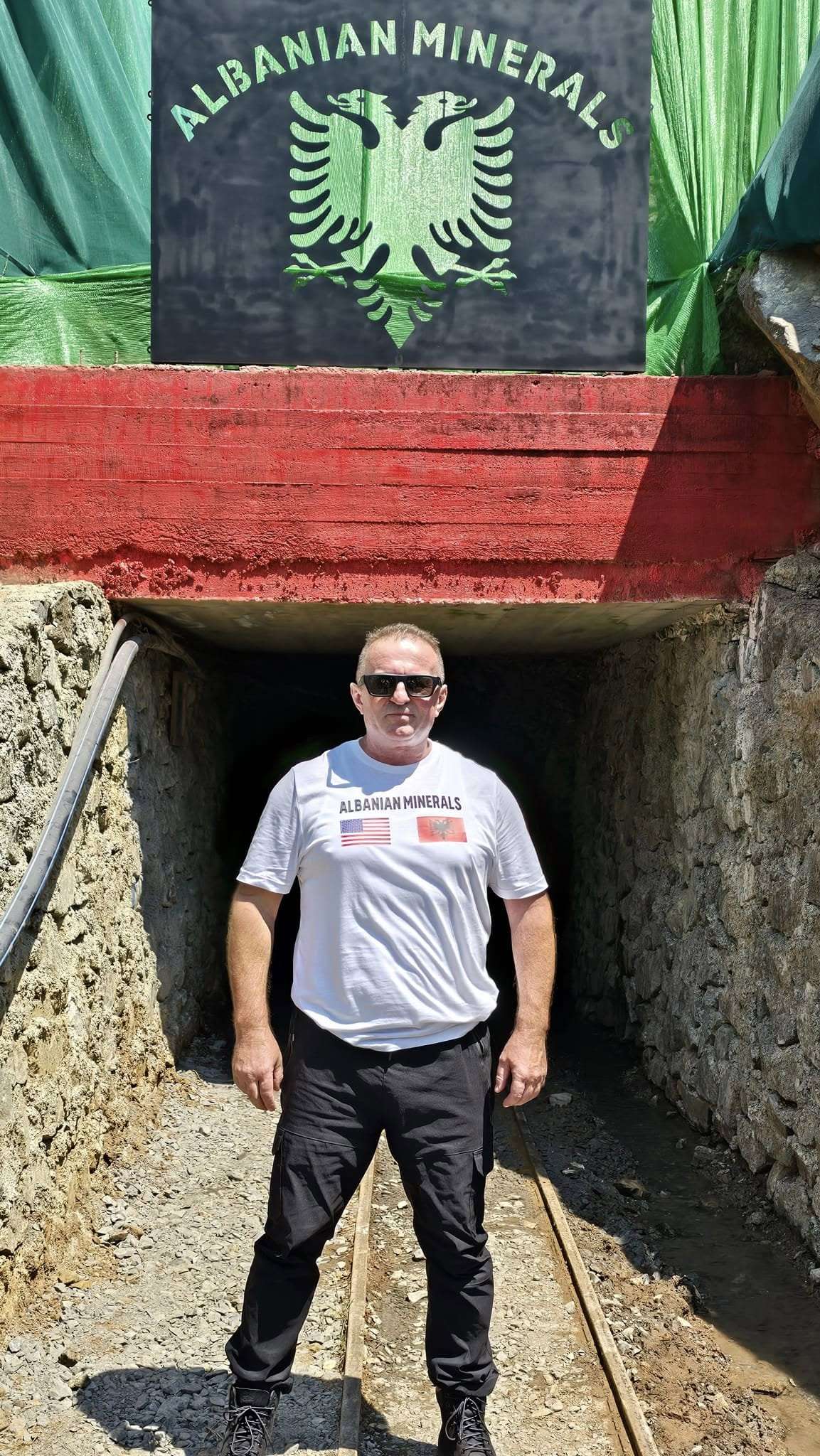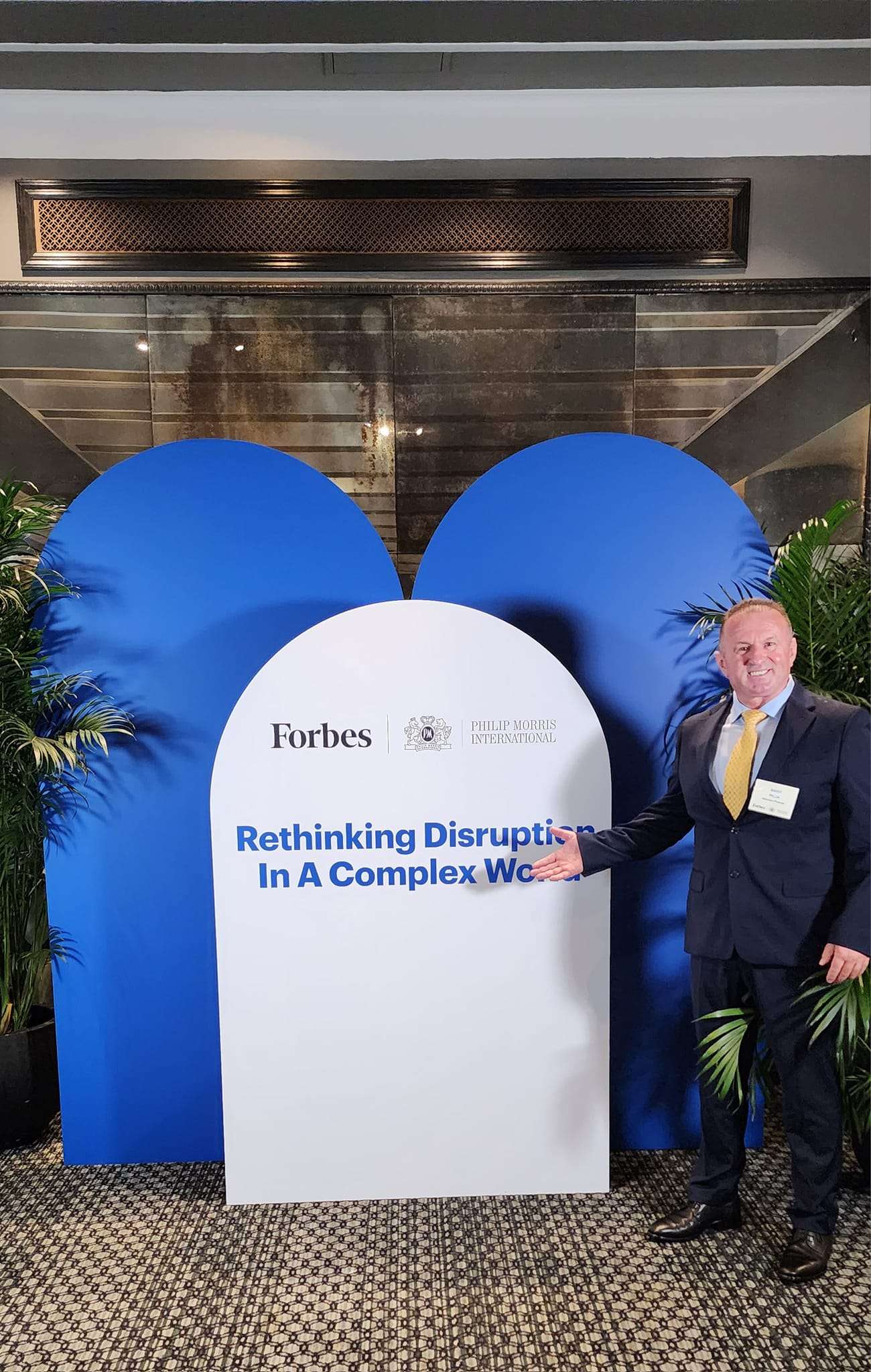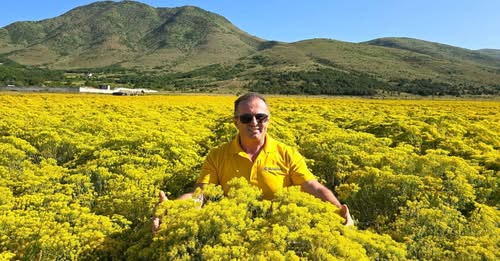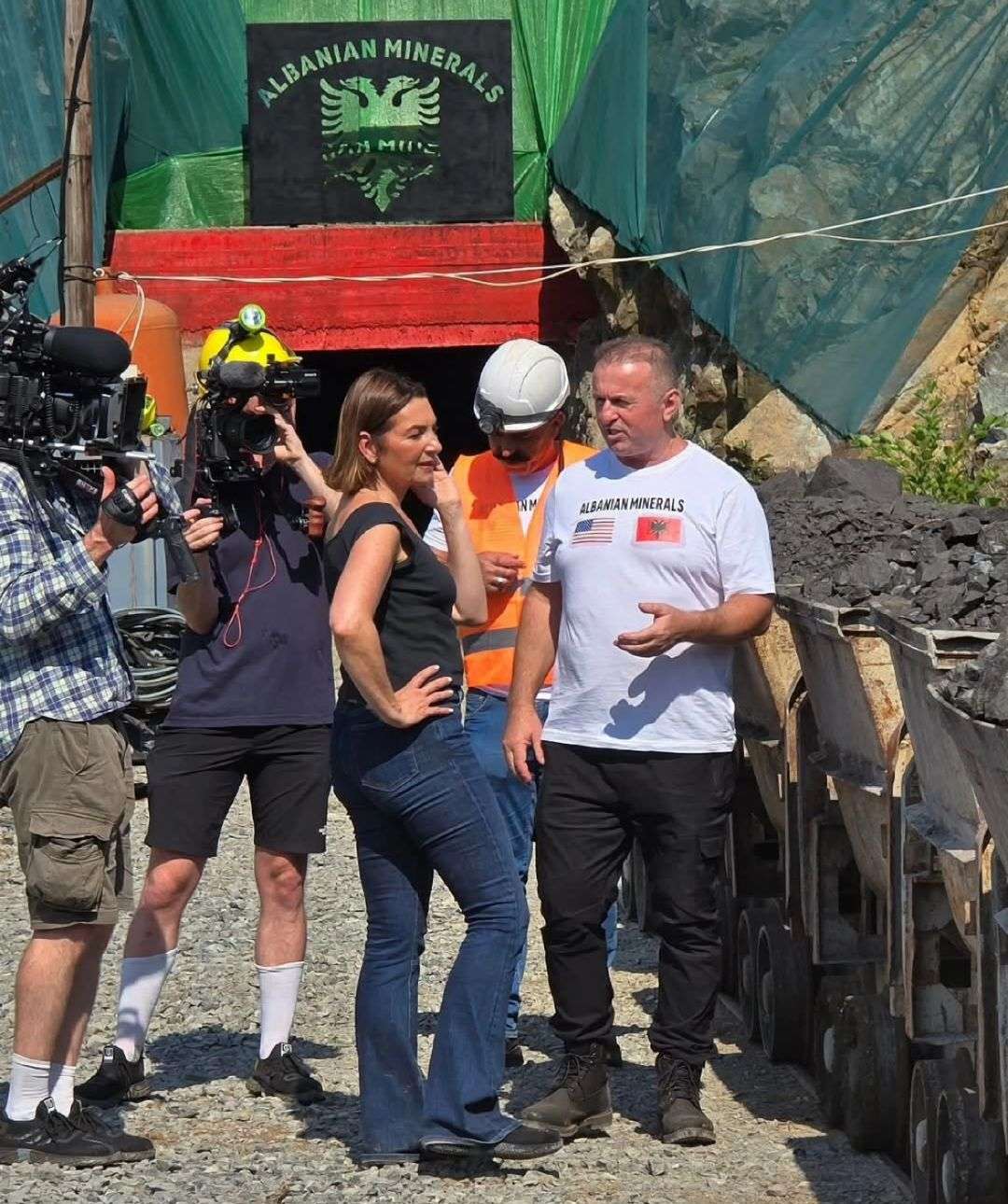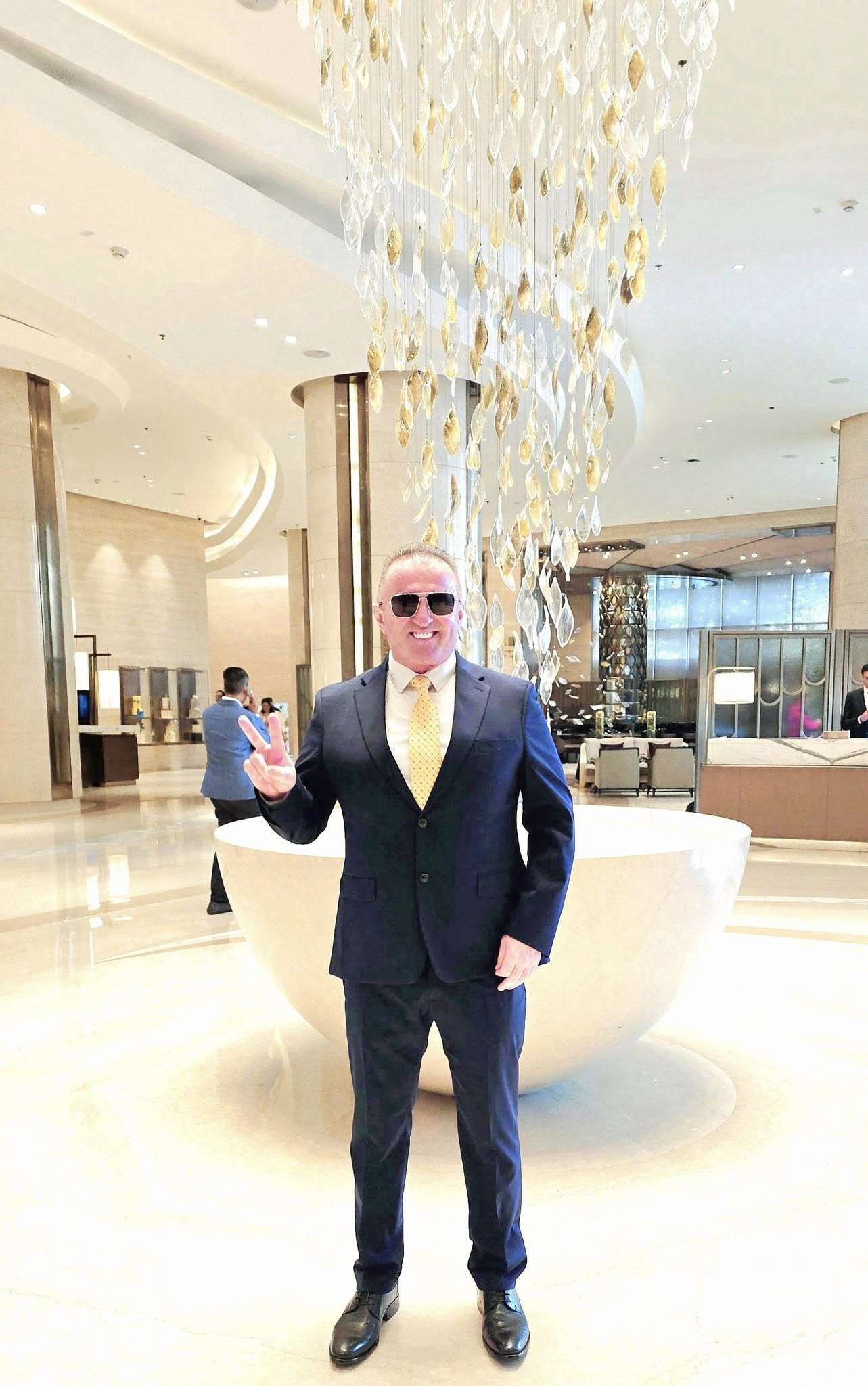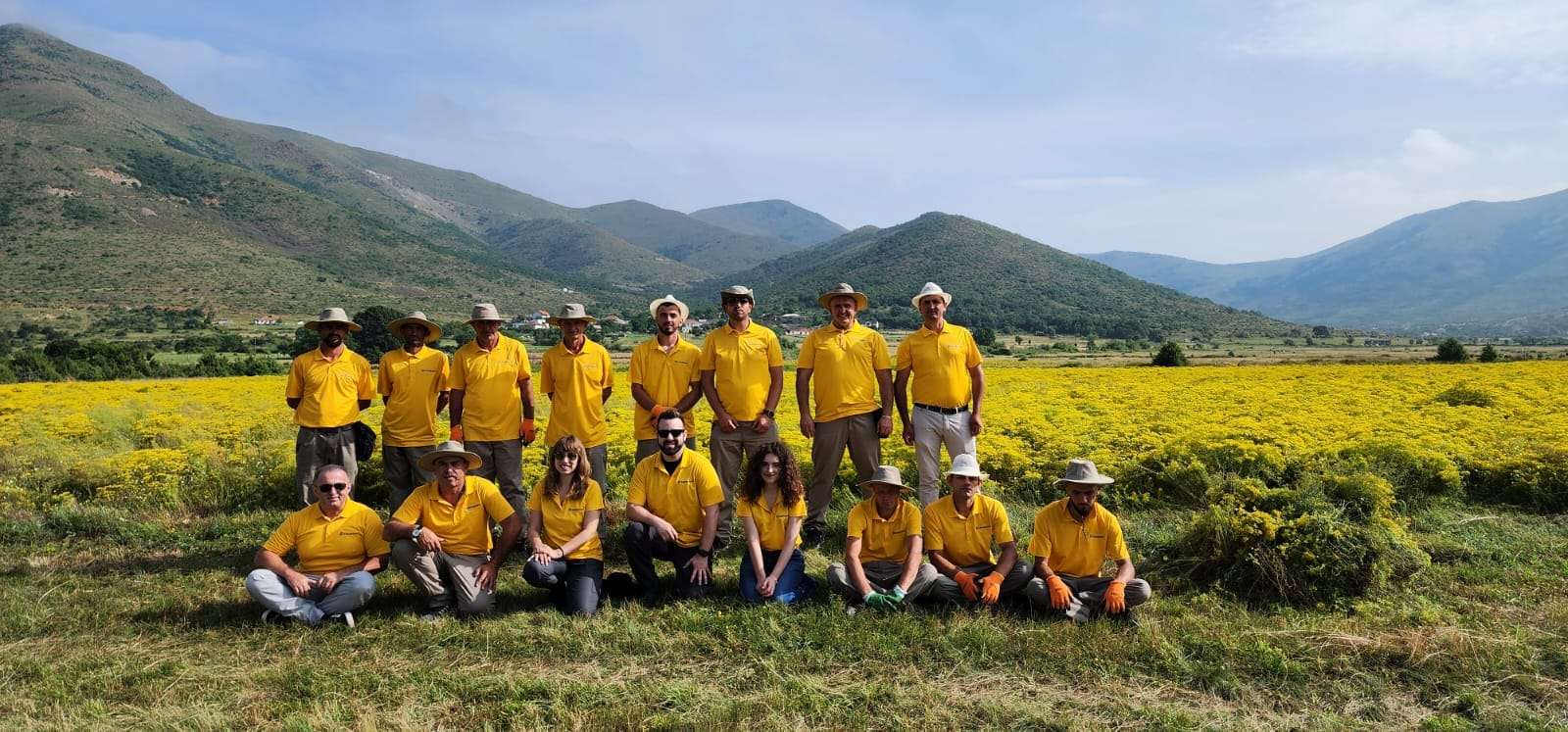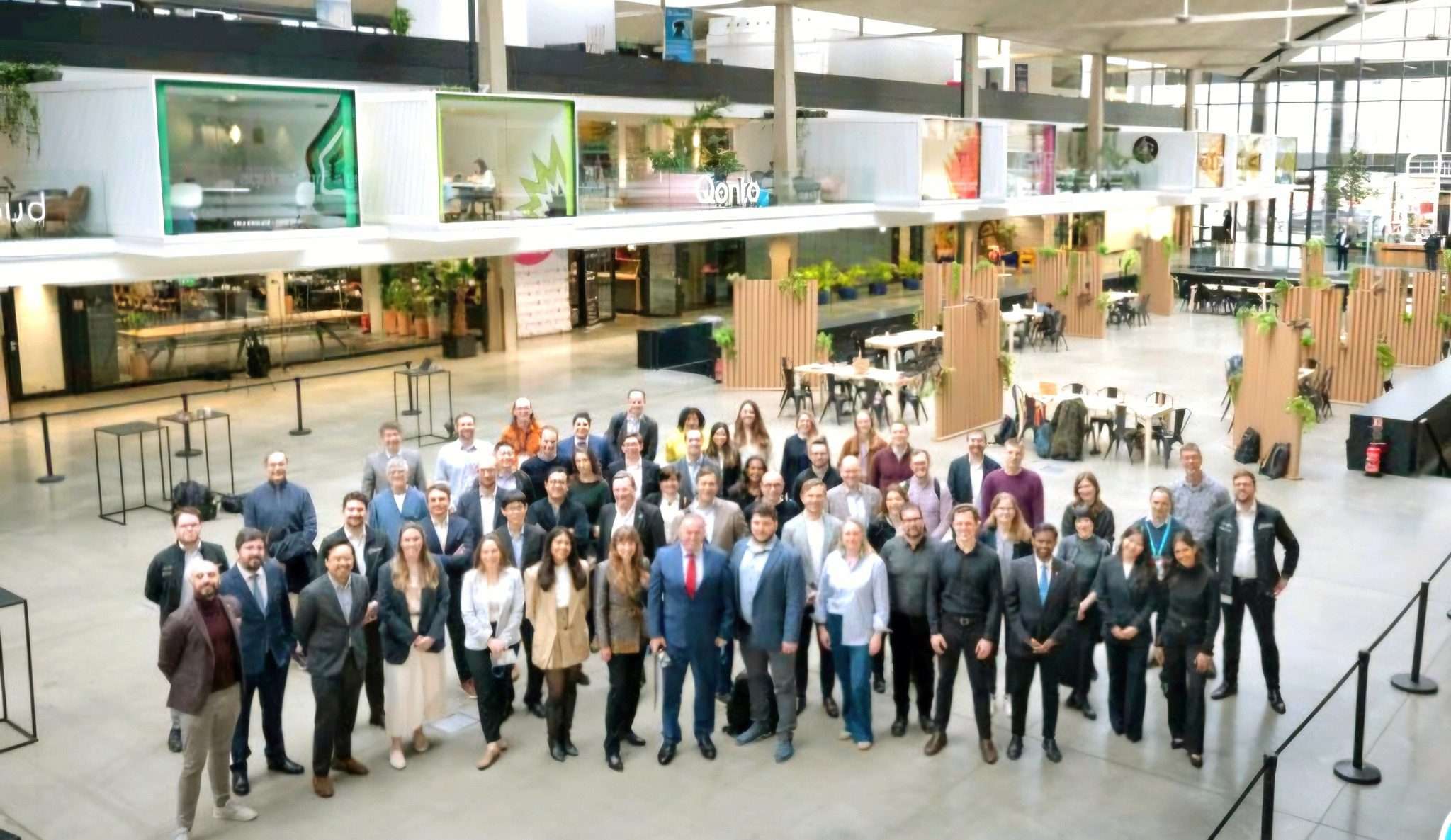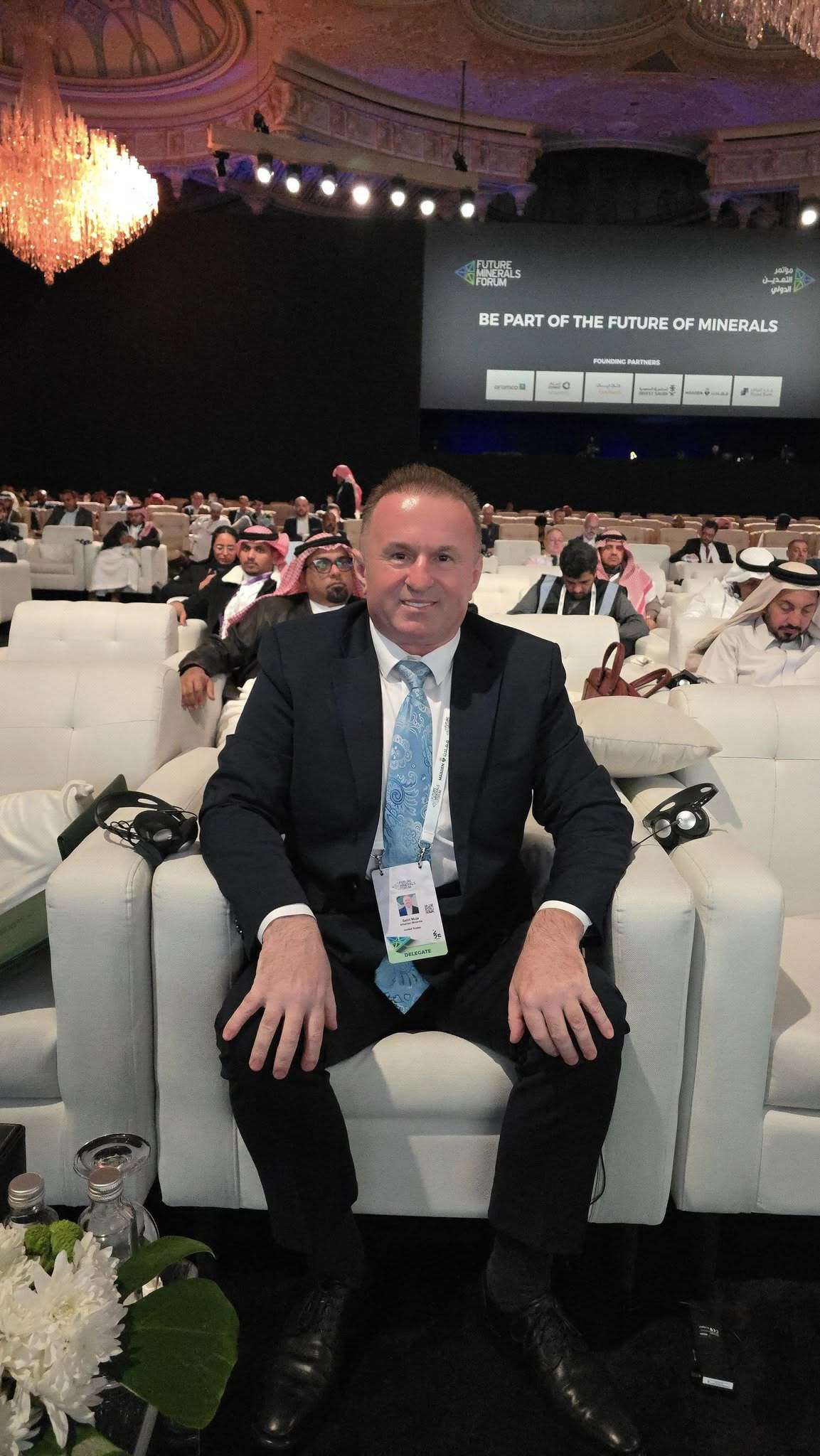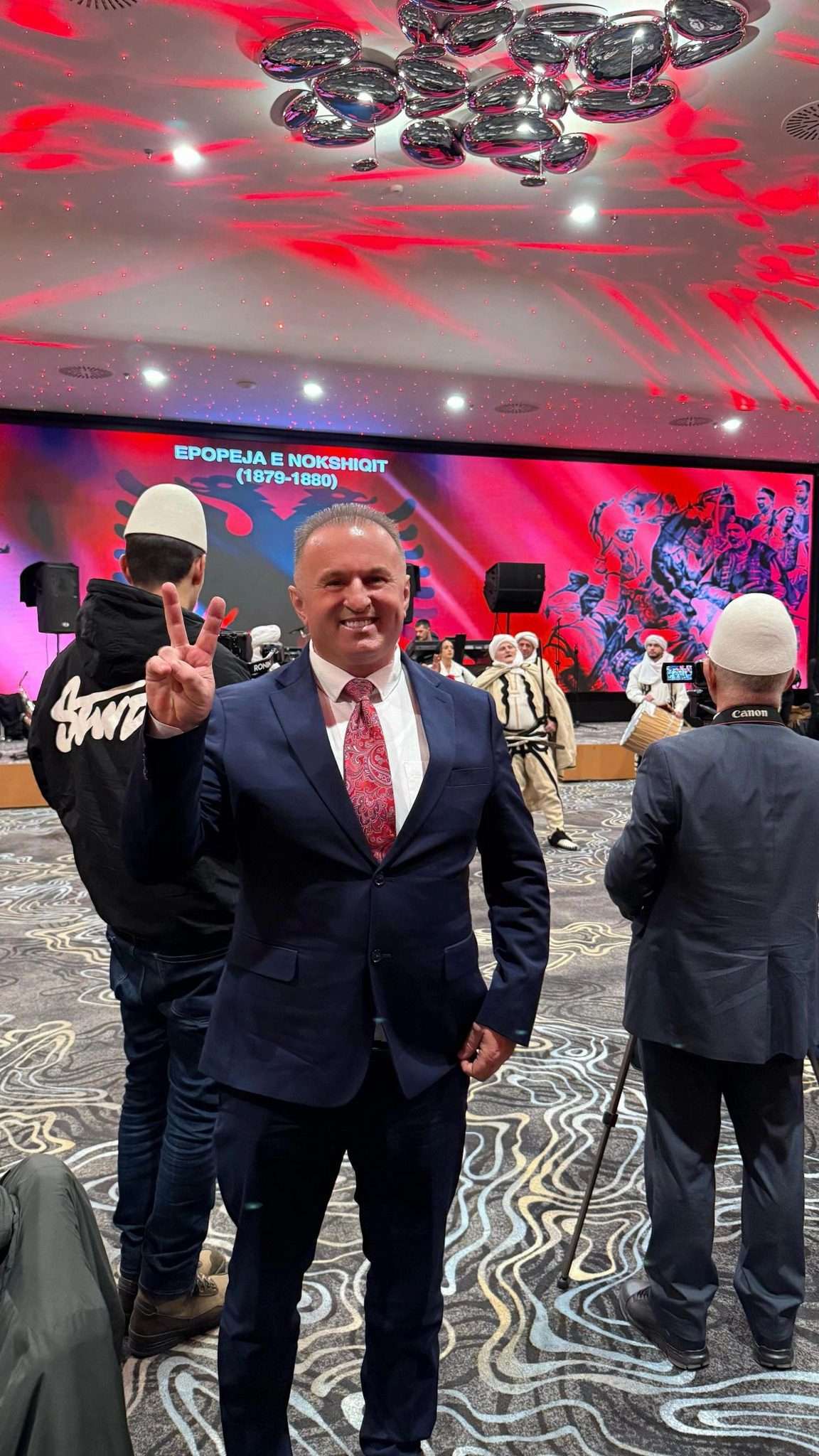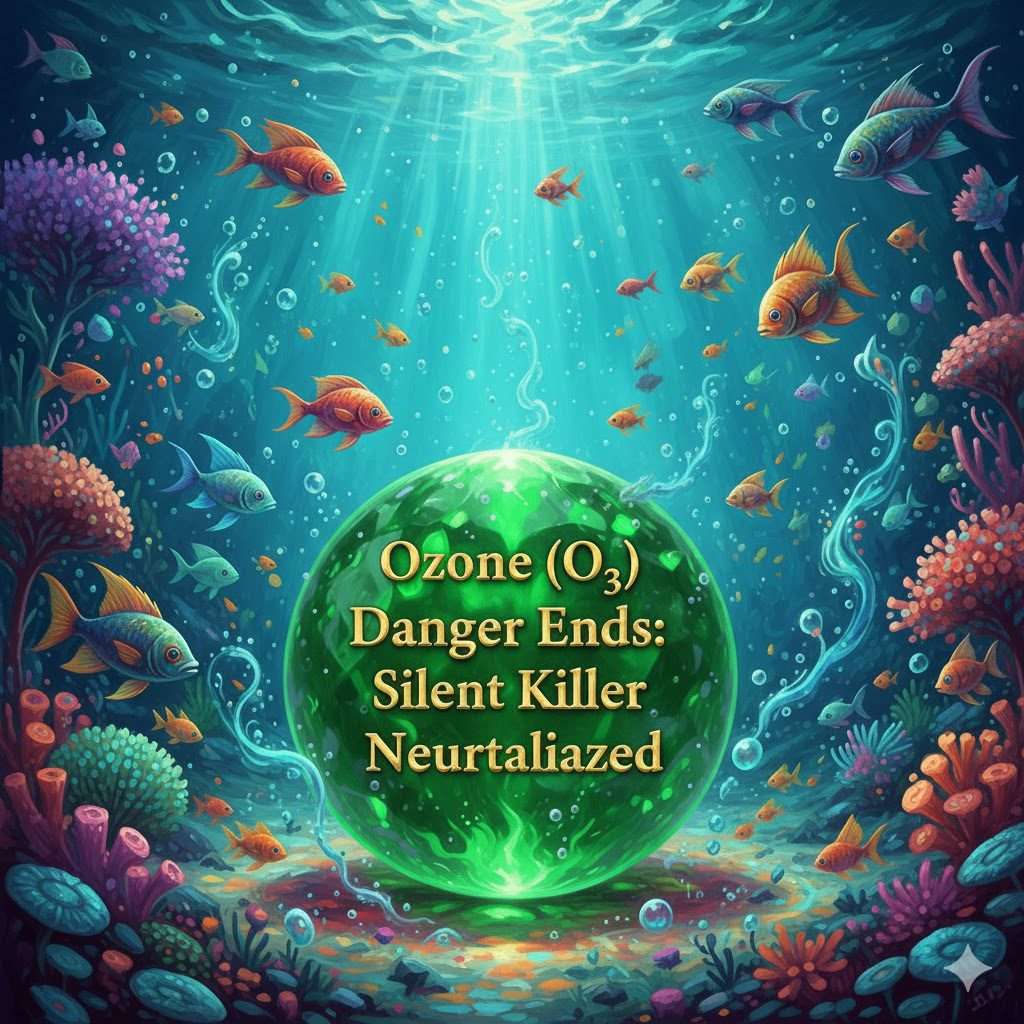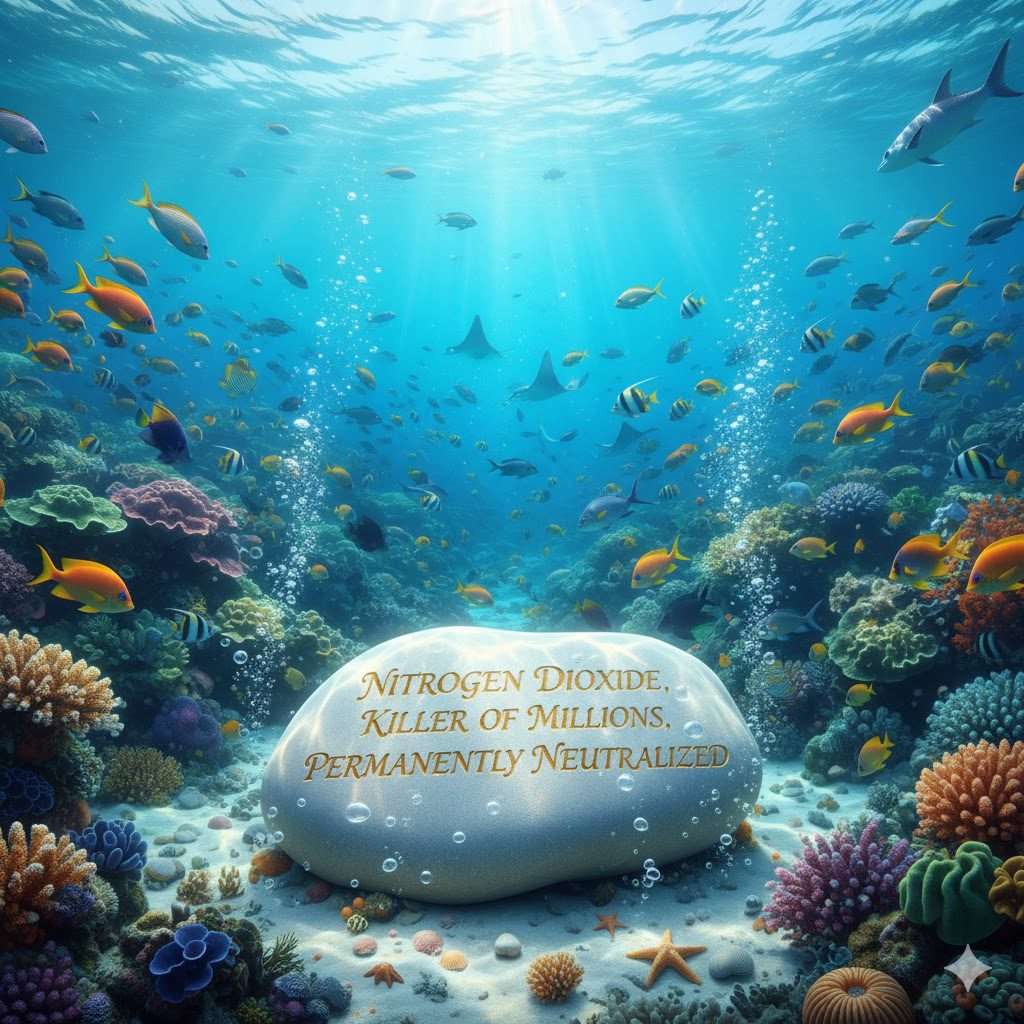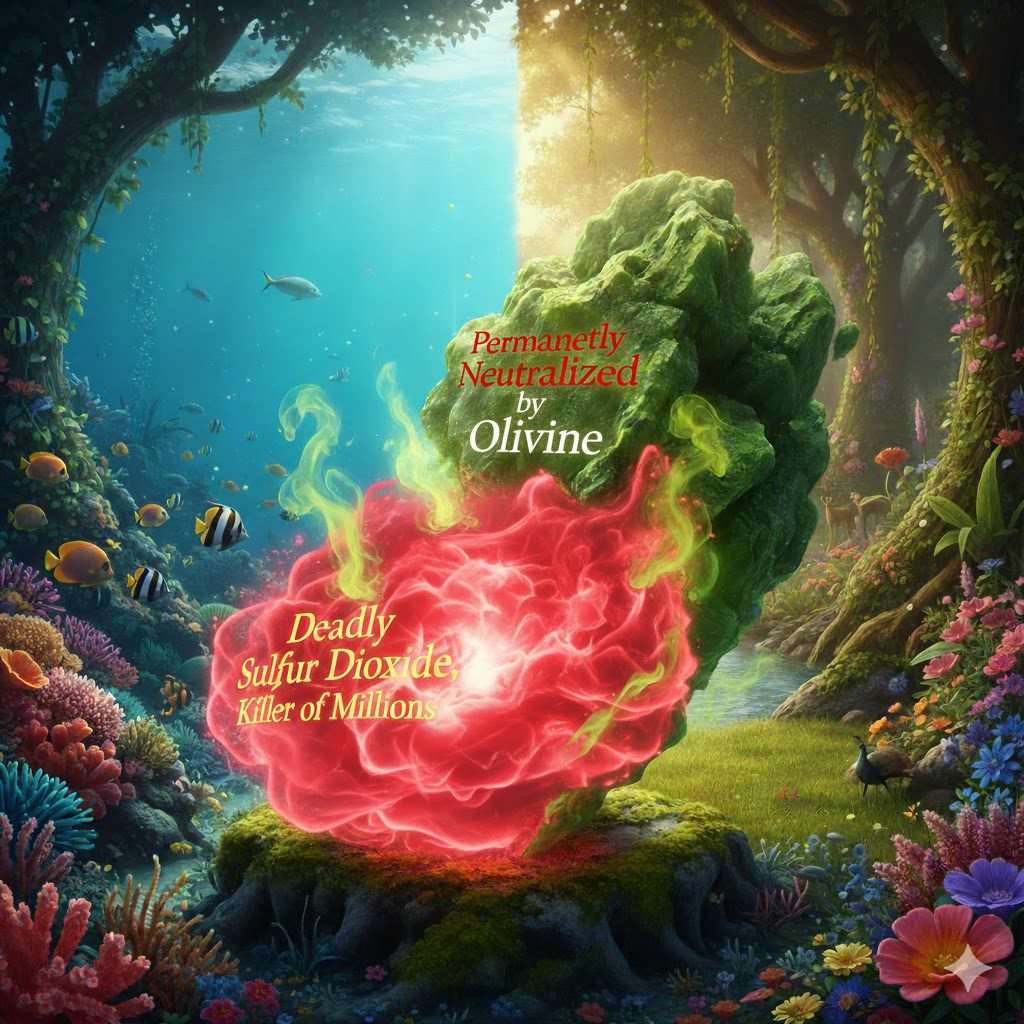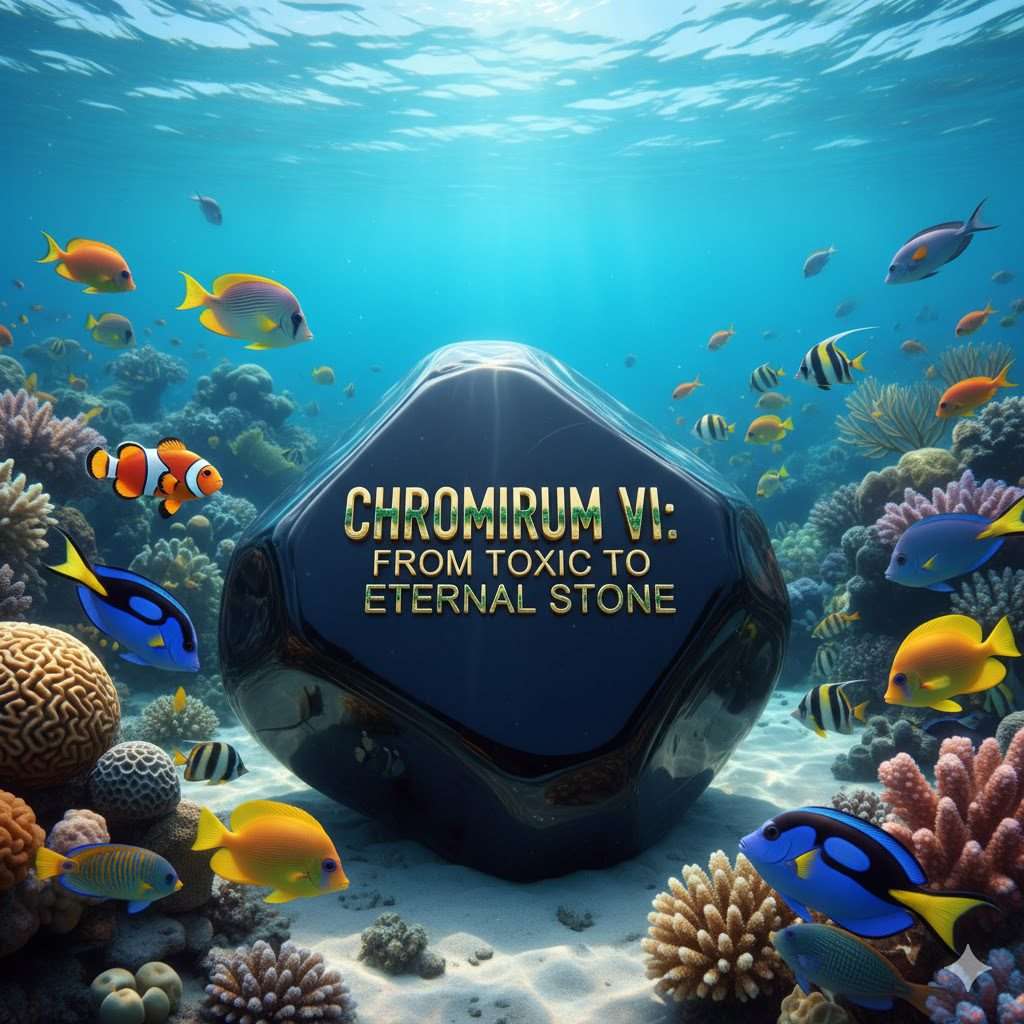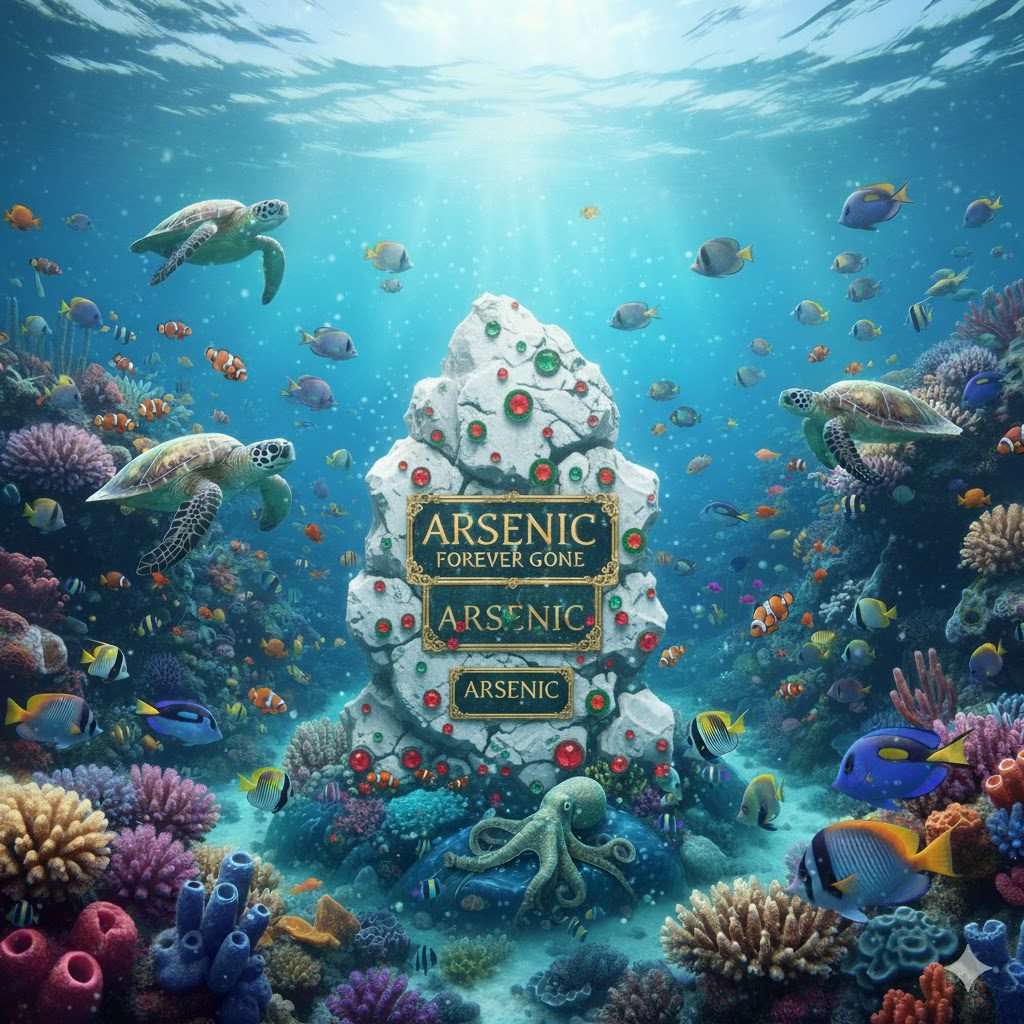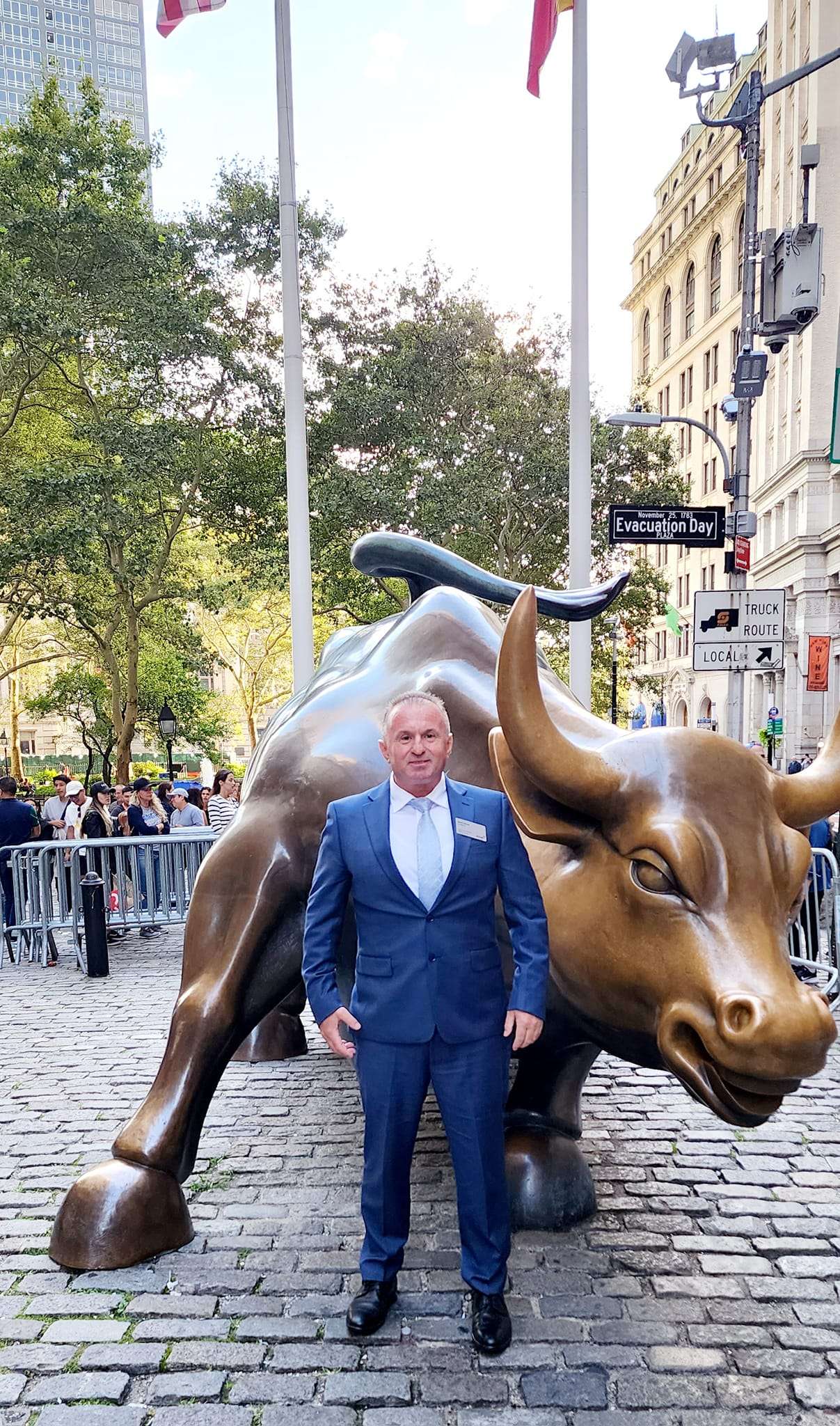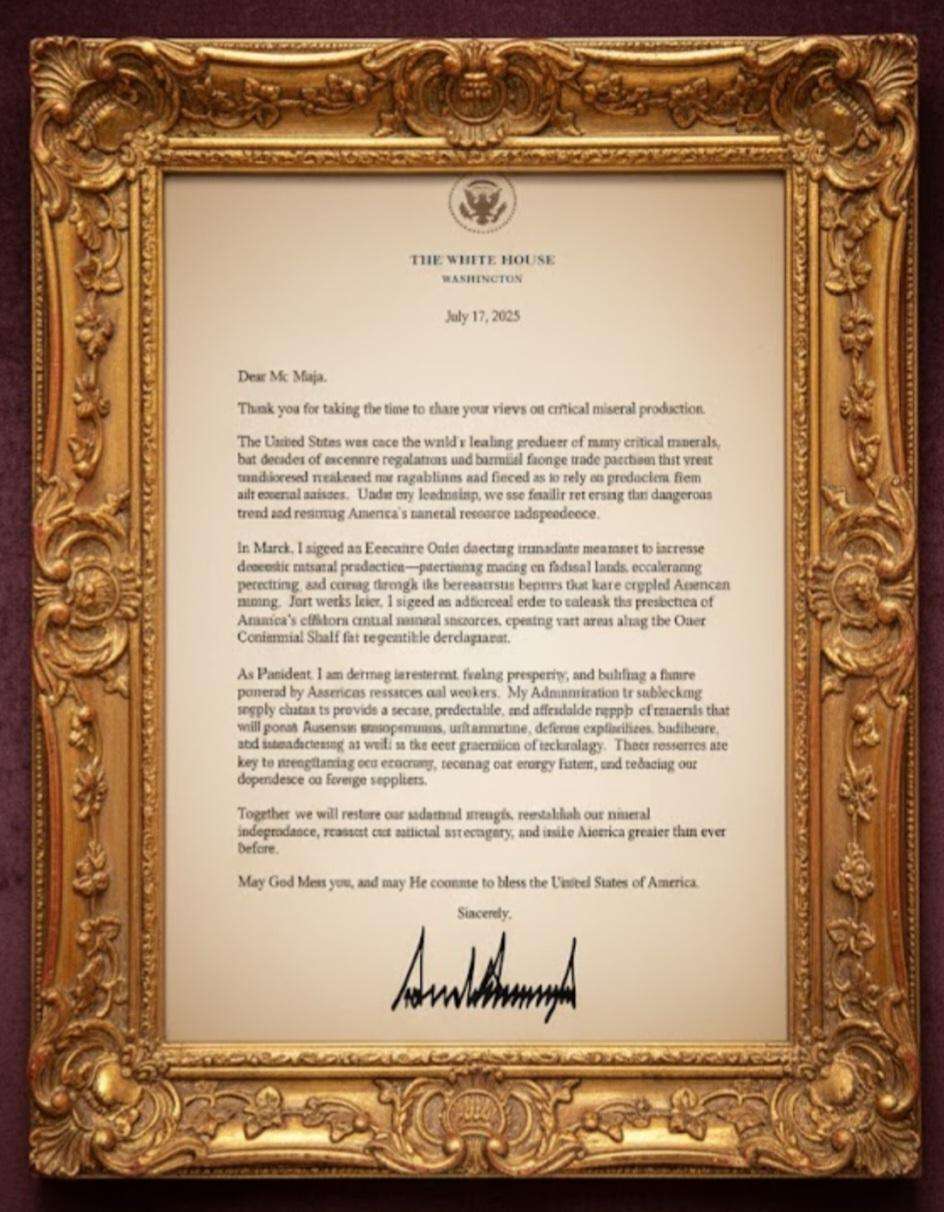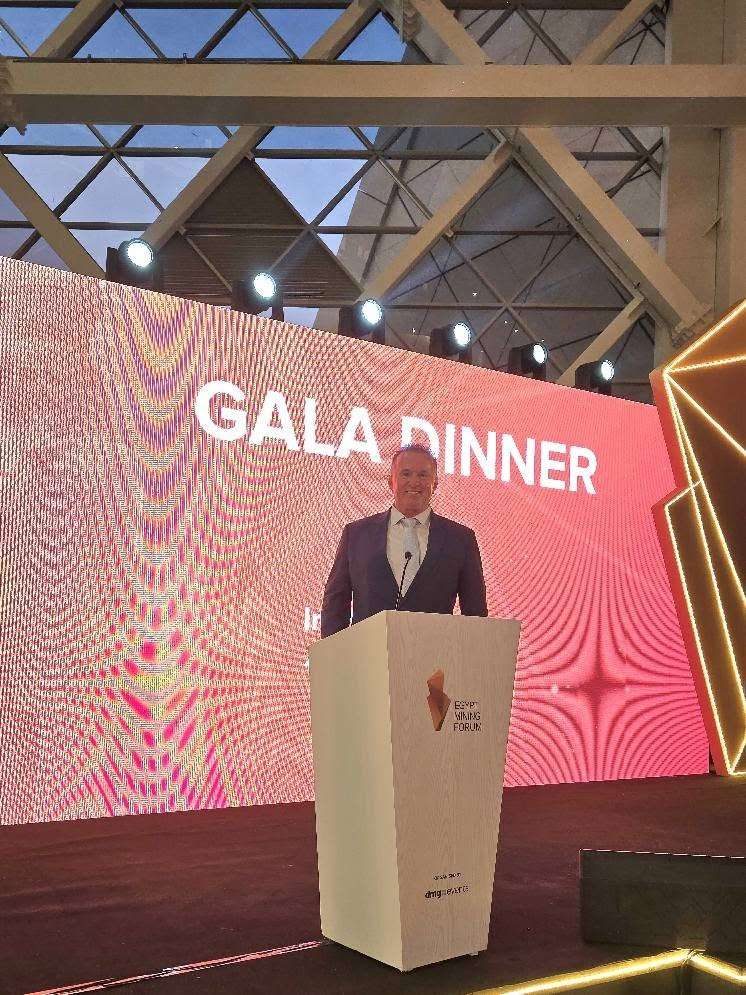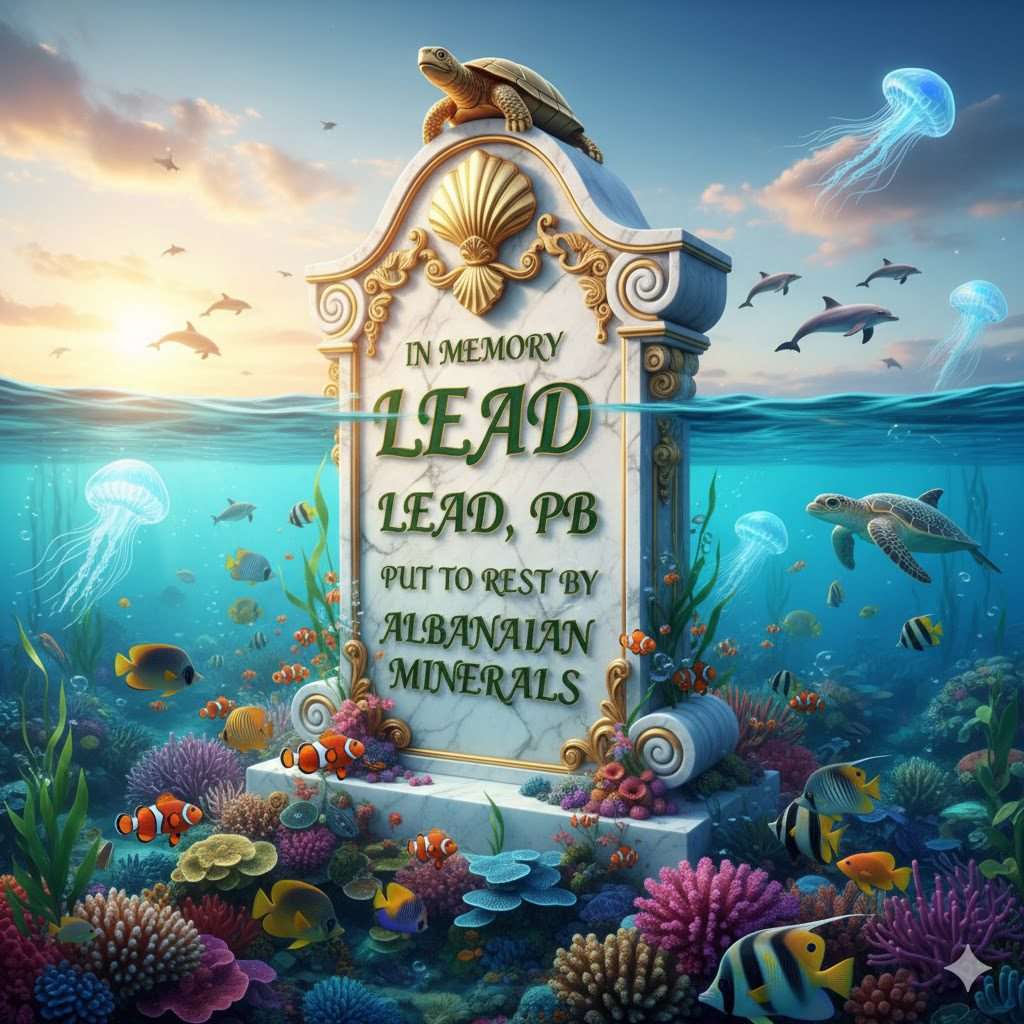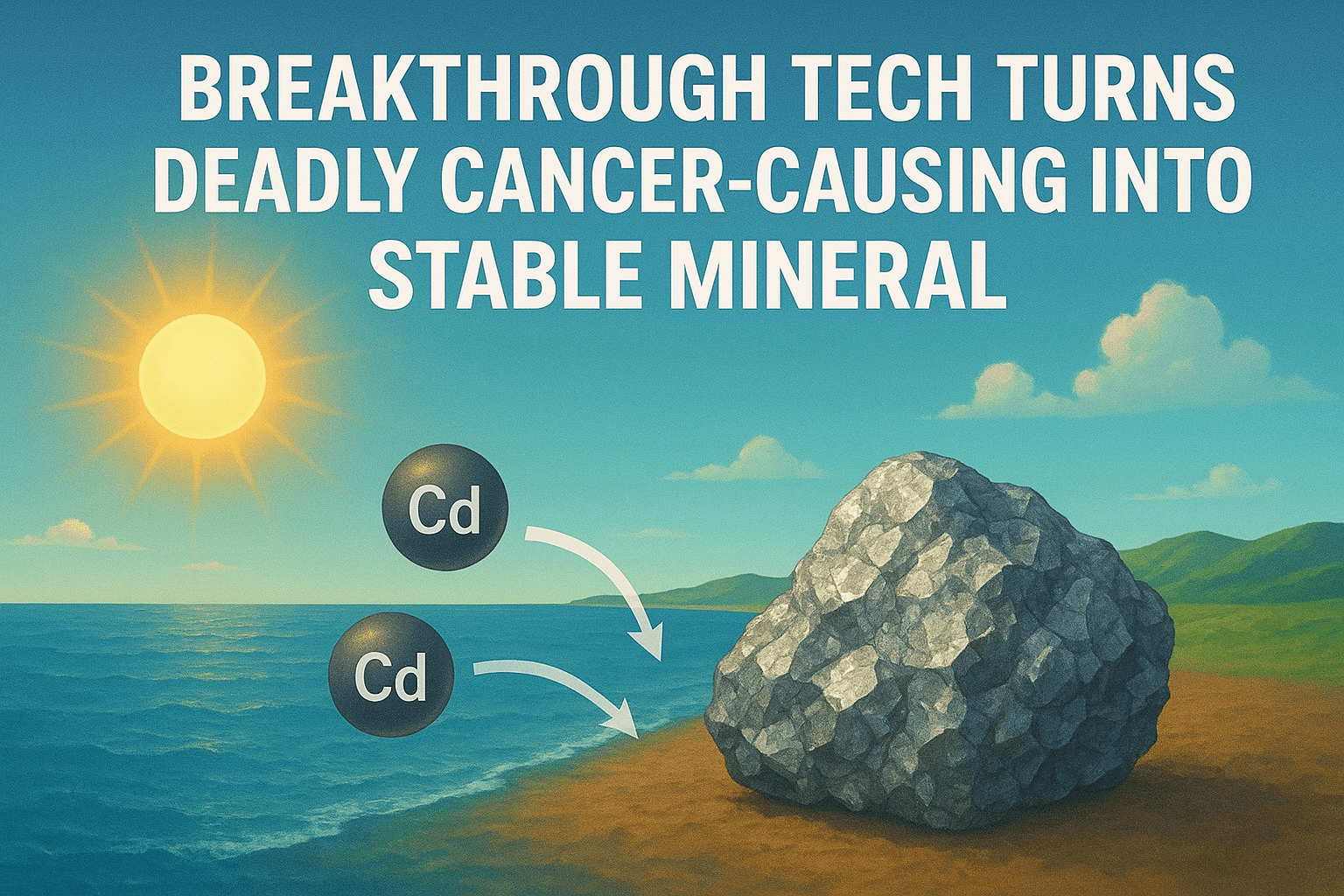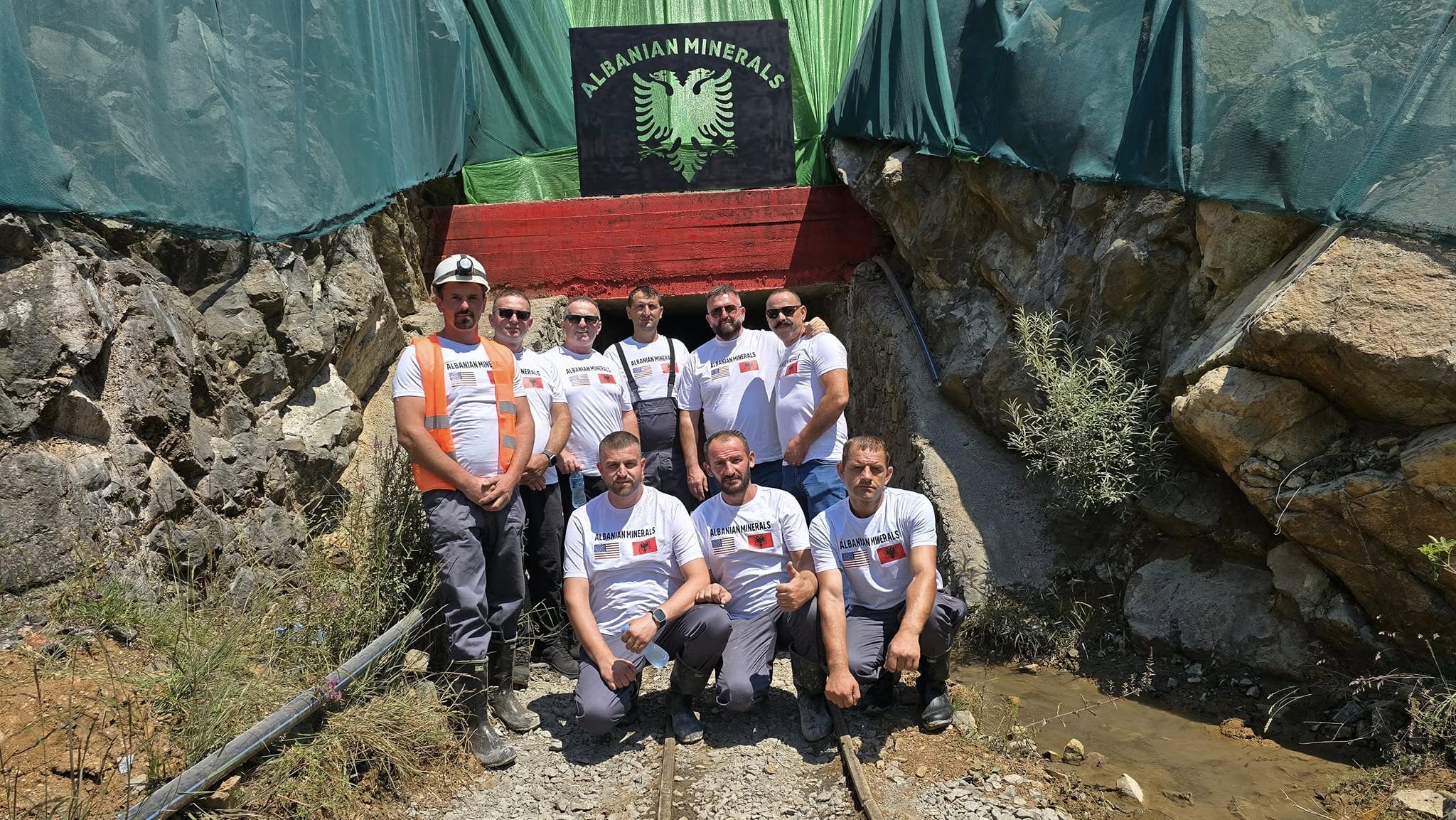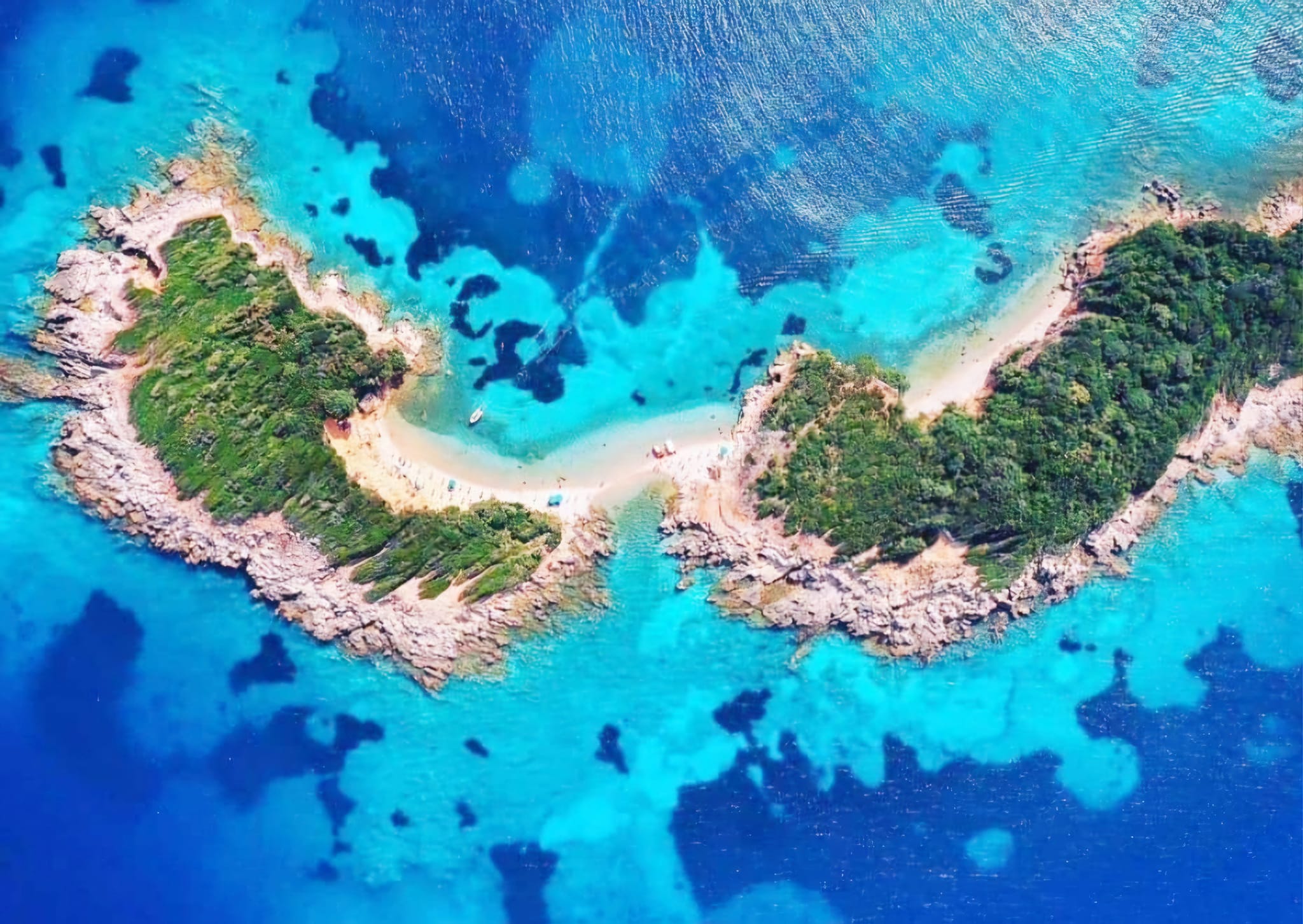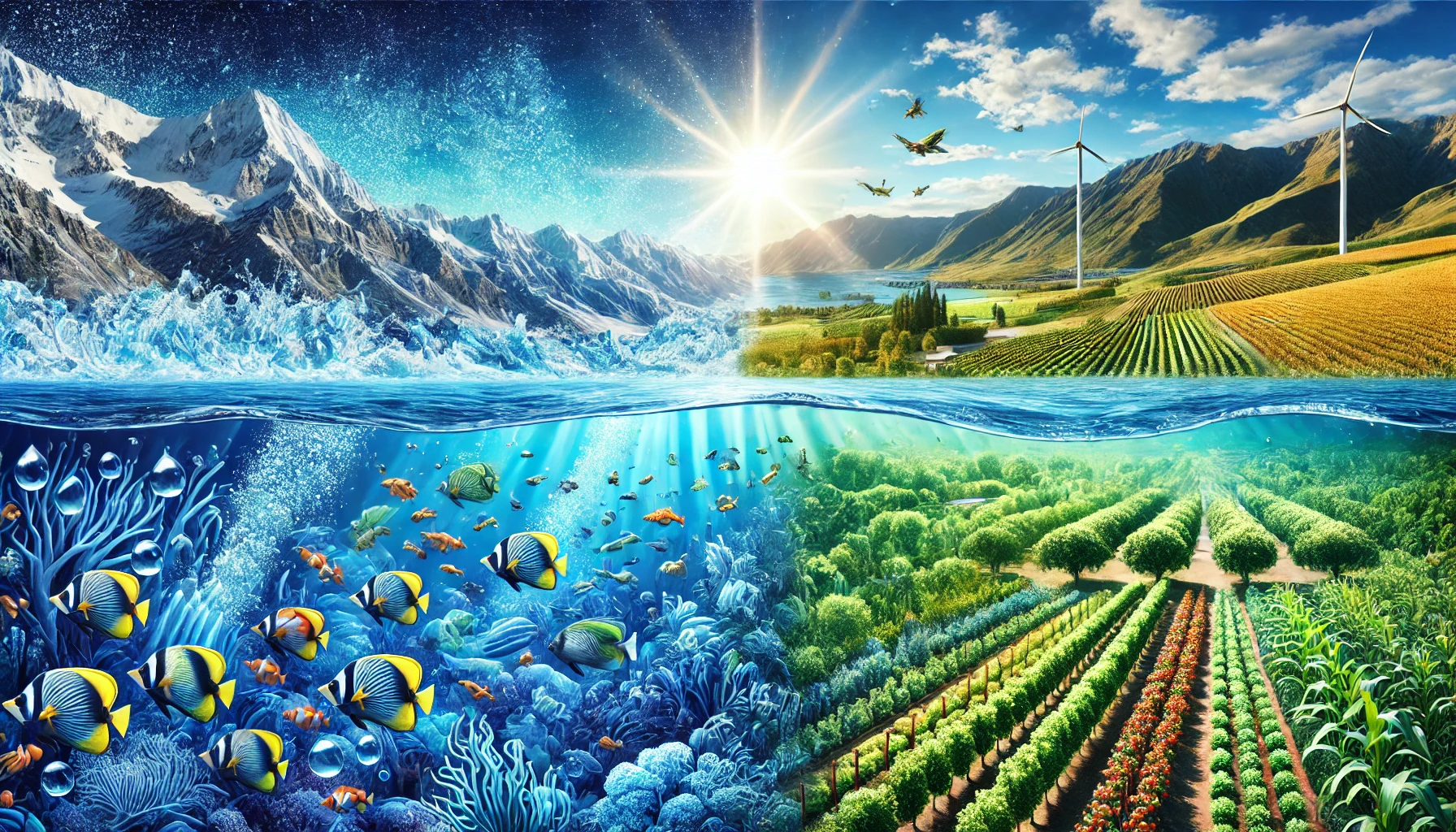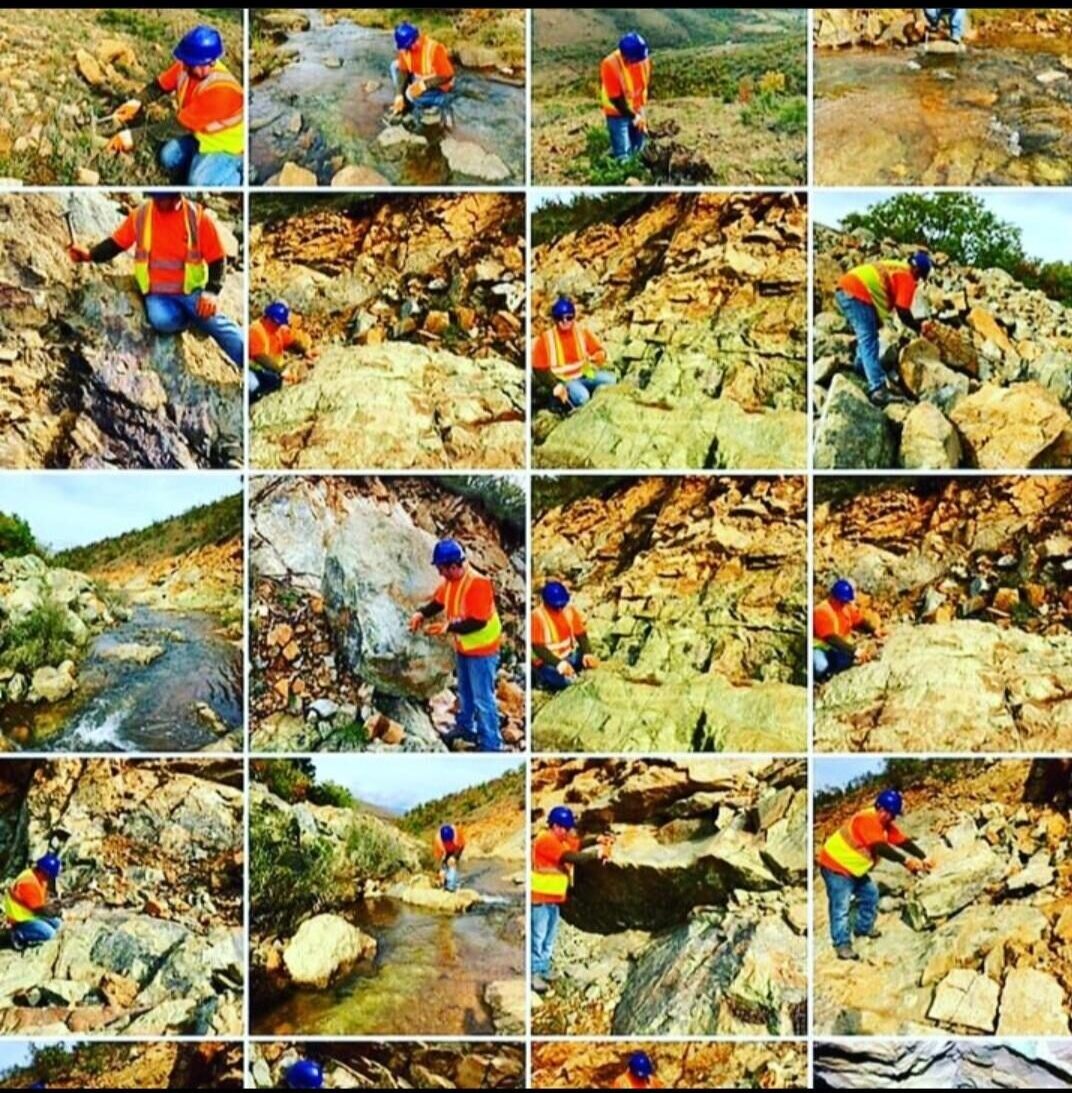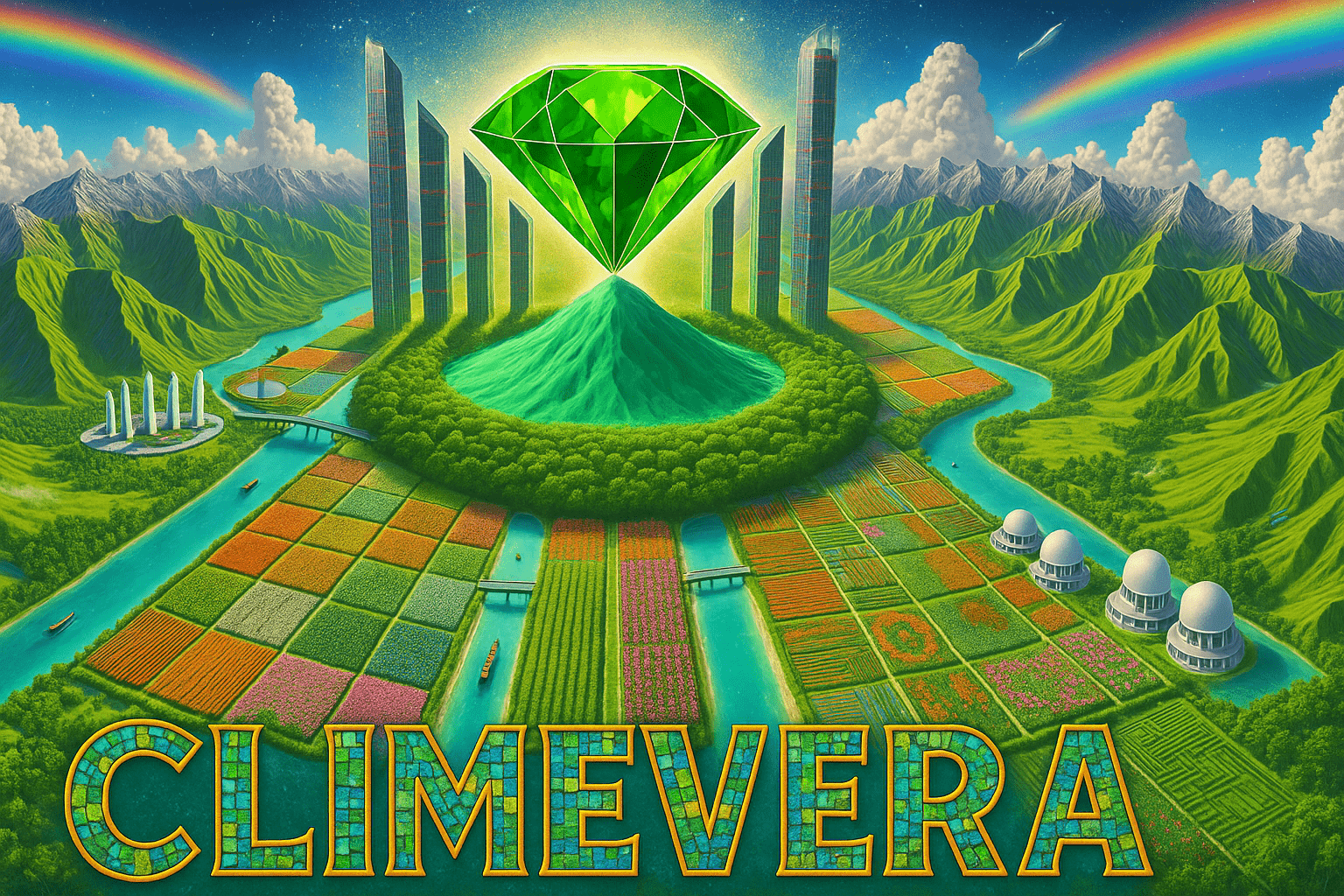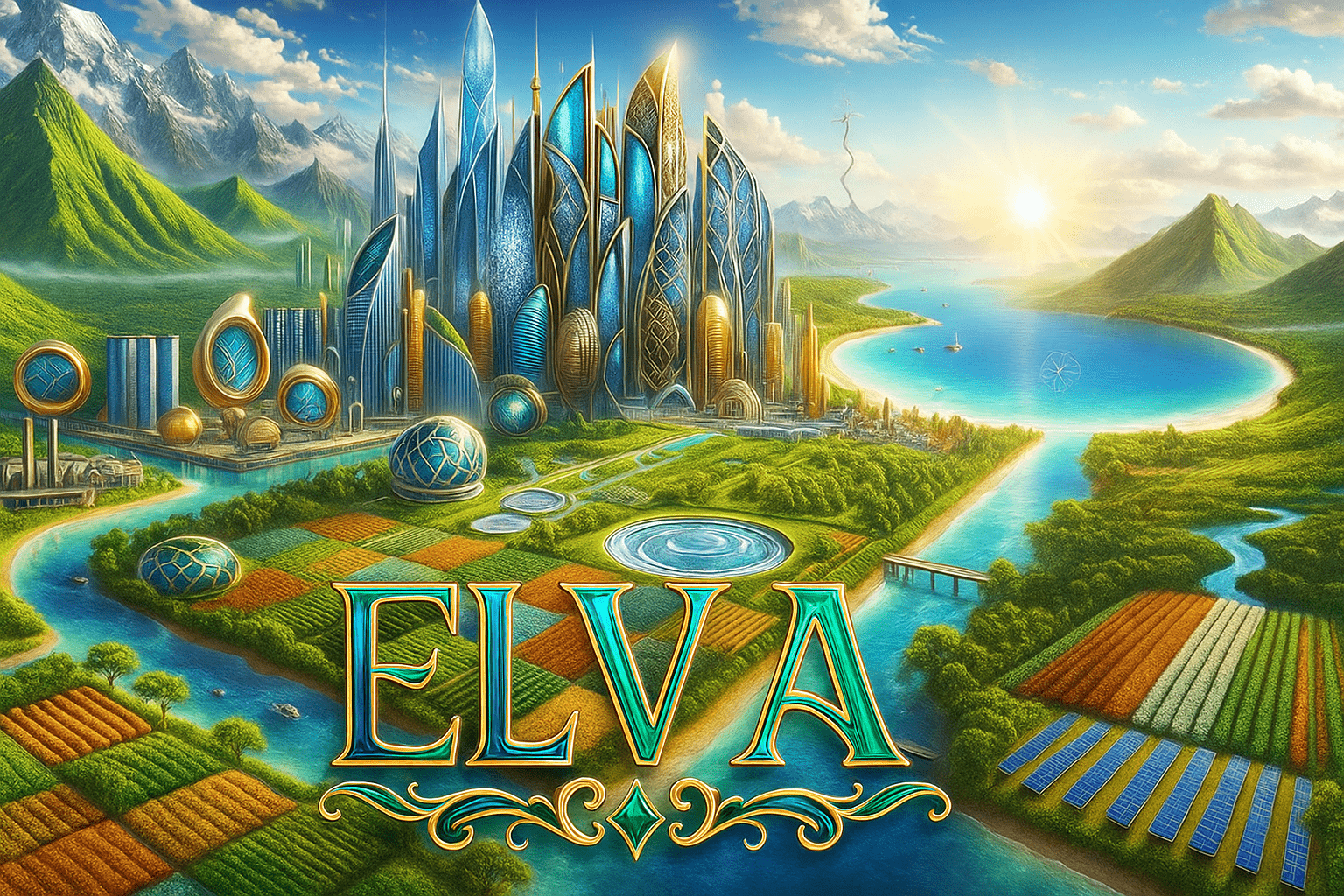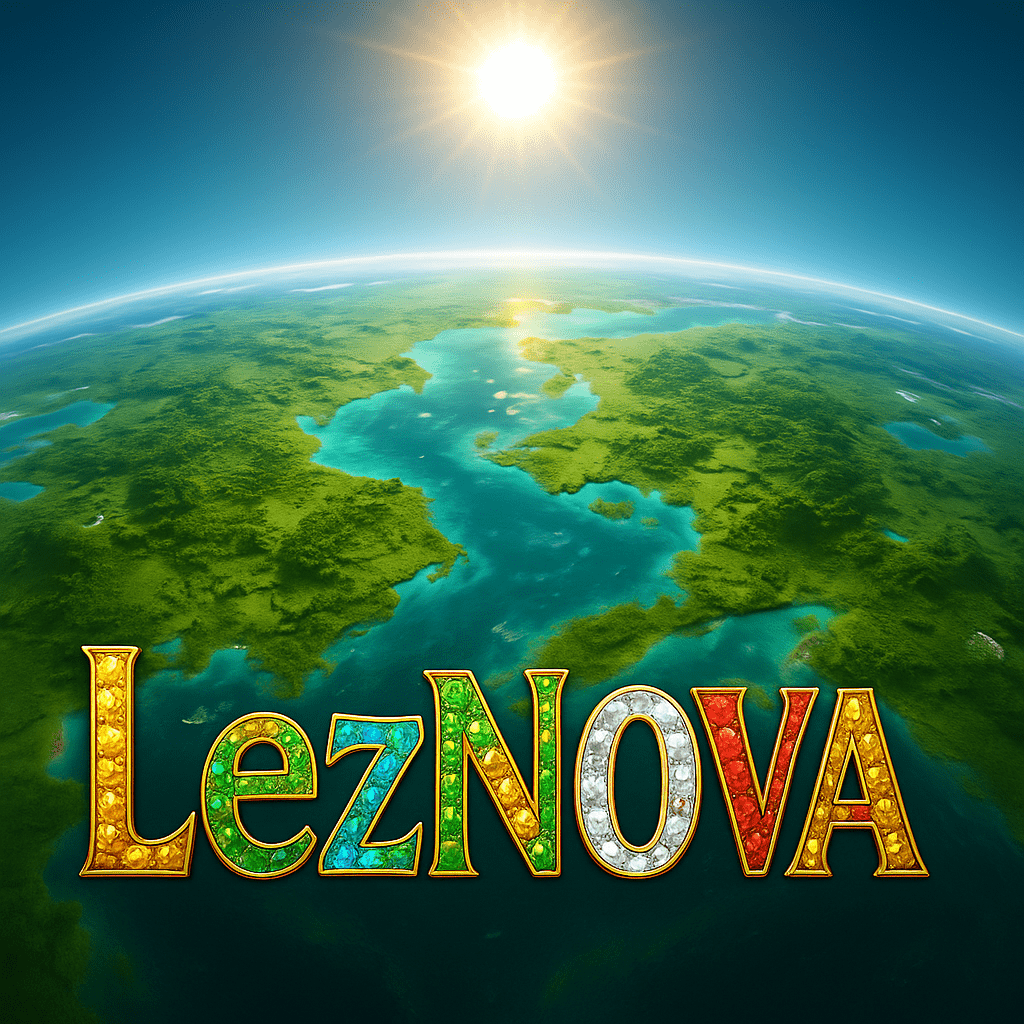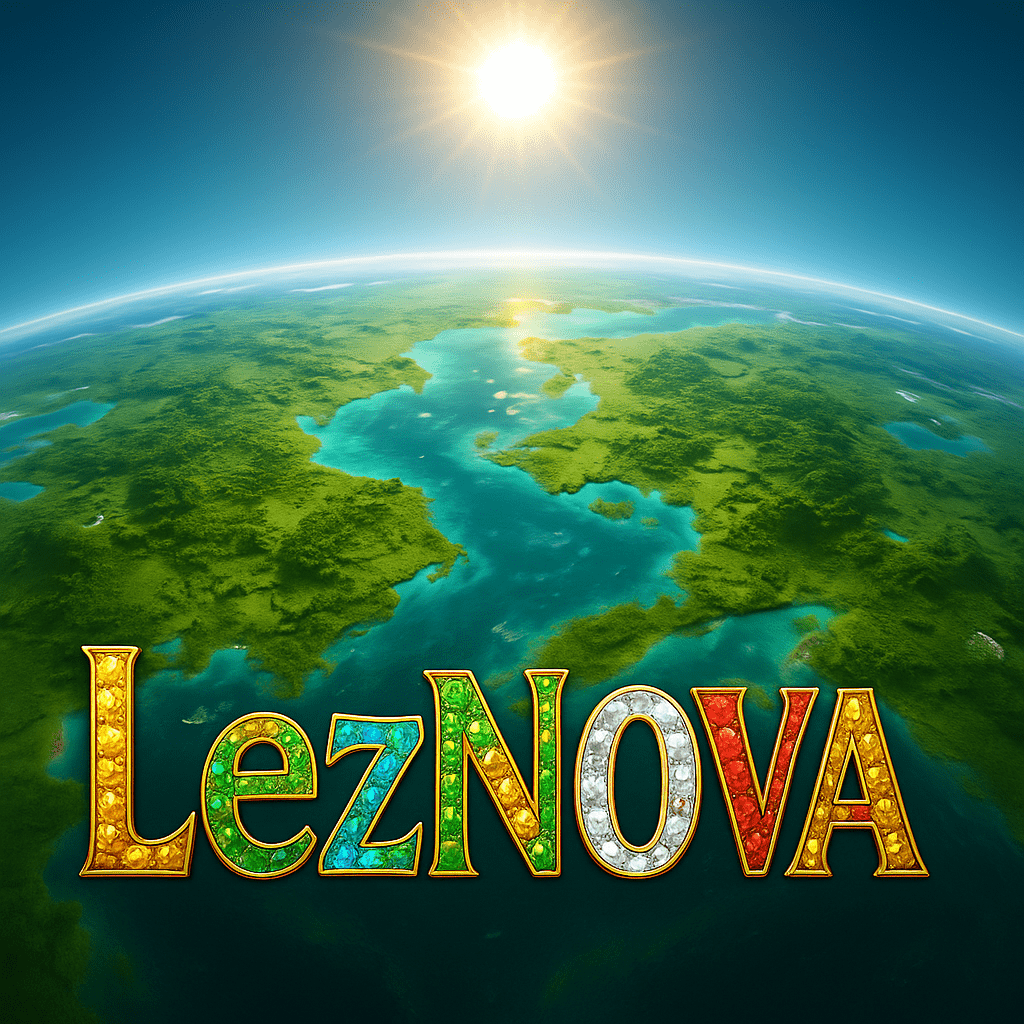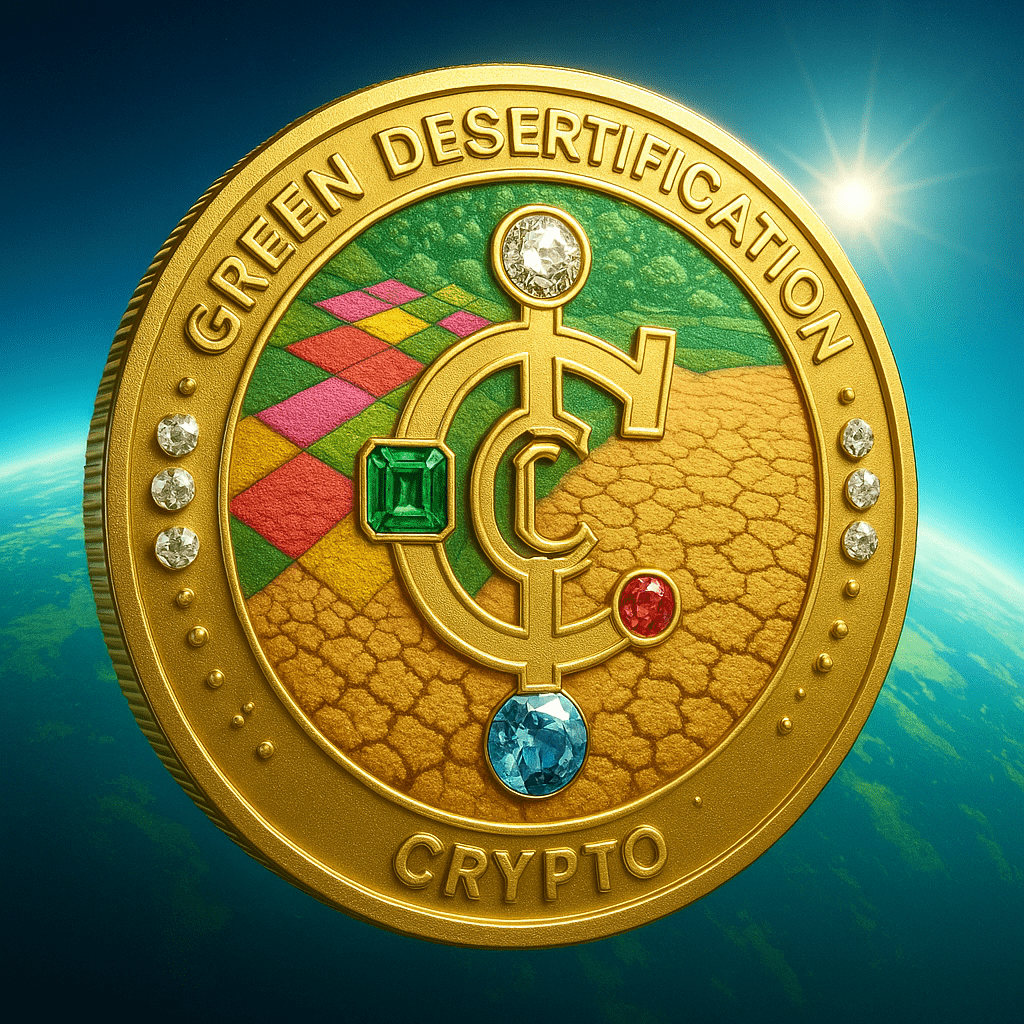
In the lush, sunlit landscapes of Brazil, where COP30 convenes under the canopy of global urgency, one voice rises with rare clarity and conviction, that of Sahit Muja, CEO of Albanian Minerals, the visionary entrepreneur redefining the boundaries of industrial ecology. As leaders gather to debate incremental reforms and complex frameworks, Muja stands apart, offering something far more profound: not a mitigation plan, but a blueprint for planetary regeneration. His message is both poetic and pragmatic—“We are not cleaning the Earth; we are engineering its rebirth.”
Today, humanity stands at a defining moment in history, facing an unprecedented convergence of ecological crises. Air, water, and soil are poisoned by centuries of industrial excess. Carbon overloads the atmosphere; oceans acidify; fertile lands wither into desert. Over ten million people perish each year from pollution’s invisible grasp, while ecosystems collapse and economic damages soar beyond eight trillion dollars annually. The planet’s natural equilibrium, once resilient, now falters beneath the weight of human neglect.
The culprits are molecular and myriad—toxic metals such as cadmium, lead, chromium, uranium, mercury, nickel, copper, zinc, arsenic, and cobalt, alongside lethal gases like sulfur dioxide, carbon monoxide, carbon dioxide, ozone, and nitrogen oxides. Each molecule is a signature of imbalance, a chemical echo of civilization’s excess. For too long, conventional solutions have been narrow, expensive, and painfully slow, addressing symptoms while ignoring the underlying design of nature itself.
And yet, within this crisis, Muja sees not apocalypse—but alchemy. In the deep green silence of the Earth, he has found what he calls “the DNA of regeneration.” From the mineral heart of Albania, magnesium olivine—a humble, ancient green crystal—emerges as nature’s own antidote to planetary decline. To most, it is simply a rock; to Muja, it is the molecular architect of life, the silent keeper of equilibrium, the key to turning pollution into permanence.
“Magnesium olivine doesn’t just absorb carbon,” Muja explains, his words carrying both the calm of science and the conviction of faith. “It heals.” Under his stewardship, Albanian Minerals has pioneered systems that use this mineral’s innate intelligence to transform toxins into stability, metals into minerals, gases into stone, pollution into value. Each ton of olivine captures a ton of CO₂, neutralizes acidity, detoxifies heavy metals, enriches soil, and restores the chemistry of oceans—naturally, perpetually, and without the need for external energy.
Through AI optimization and renewable catalysts, sunlight, rainfall, ocean waves—Albanian Minerals has built an energy-free, self-sustaining remediation cycle that mirrors nature’s own design. It is technology that requires no sacrifice, only understanding. It is capitalism in its most enlightened form—circular, ethical, regenerative. “Pollution,” Muja says, “is the new raw material. Waste is wealth mismanaged.”
Magnesium, the beating heart of olivine, is no ordinary element. It is the spark of photosynthesis, the core of chlorophyll, the driver of ATP energy, the stabilizer of life’s rhythm. It is the mineral of balance, present in every living organism and every green leaf. Without it, no tree could capture sunlight, no ocean could cradle plankton, no heartbeat could find its rhythm. Muja sees in this element a cosmic symmetry—what sustains life in the smallest cell can now sustain life at the planetary scale. “Nature,” he says, “has already written the formula. We only need to listen.”
By deploying magnesium olivine, humanity can transform every form of pollution into permanence. Carbon dioxide becomes mineral carbonates, sulfur dioxide becomes sulfate nutrients that restore the soil, nitrogen oxides transform into nitrates that feed the biosphere, and heavy metals are locked into stable crystals—safe, inert, and everlasting. This is the science of permanence, not postponement. A cycle powered by sunlight and water, creating a zero-energy, zero-waste, zero-carbon economy, an economy that heals instead of harms.
Each property of magnesium olivine speaks to the harmony of natural intelligence. It is 100% natural, regenerative, and infinitely renewable; 100% central to the miracle of life, powering every cell, heartbeat, and green leaf; 100% the engine of photosynthesis and the guardian of biological balance. It protects the nervous system, strengthens structure, regulates the heartbeat, and defends immunity—on the human scale and the planetary one. It is the living thread connecting soil, air, water, and all life across ecosystems.
Its capacity for Earth restoration is equally profound. It enriches soils and waters, captures carbon with perfect efficiency—each ton of olivine permanently storing a ton of CO₂—stabilizes acidity, revives barren lands, restores mineral balance, purifies contamination, improves food systems, and strengthens biodiversity. It heals the biosphere while naturally regulating the climate. It is the mineral pulse of regeneration itself.
Through olivine, gases are neutralized, toxins are transmuted, and air is reborn. Sulfur dioxide is purified and repurposed, ozone is harmonized, carbon monoxide is rendered safe, carbon dioxide is solidified, and nitrogen oxides become nutrients for life. The very air we breathe can be cleansed not by machines, but by minerals—a return to nature’s own chemistry.
Heavy metals, cadmium, lead, uranium, mercury, arsenic, cobalt, and more, once thought untouchable, are rendered inert, mineralized, and permanent. Every poison becomes stone; every hazard becomes resource. Energy-free, self-sustaining, and planetary in scale, these natural reactions transform destruction into creation, decay into design. It is not science in conflict with nature—it is science remembering nature’s intelligence.
Magnesium olivine thus becomes both symbol and substance of a new epoch: a trillion-dollar regenerative economy where the planet itself is the marketplace of renewal. This is not charity; it is visionary industrialism—the transformation of crisis into capital, waste into wealth, pollution into permanence. Under Muja’s framework, ecology and economy are not adversaries, but partners in evolution.
For decades, humanity has viewed pollution as a curse, a debt to be buried or ignored. Muja reframes it as opportunity—the most powerful raw material ever discovered. “We are not merely cleaning the Earth,” he insists. “We are engineering its rebirth.” Each reaction is an act of restoration; each molecule healed is a note in nature’s grand symphony of renewal.
The legacy of green magnesium is more than chemistry, it is philosophy. It reminds us that the Earth is not inert matter but living intelligence, a conscious system of balance. To return magnesium to its rightful cycle is to return ourselves to harmony with creation. “Every atom of magnesium,” Muja says, “carries the memory of the beginning. When we restore it to balance, we participate in that creation anew.”
And so, as the world watches COP30 unfold beneath the golden skies of Brazil, as leaders draft pledges and policies, one message resounds crystalline and eternal: the age of passive remediation is over. The era of planetary regeneration has begun. In the shimmering green of olivine lies the proof that nature still holds the answers, that humanity’s greatest technology has always been the Earth itself. And in that realization lies our rebirth—not as conquerors of nature, but as her stewards, remembering once more how to live in harmony with the living world that made us.

